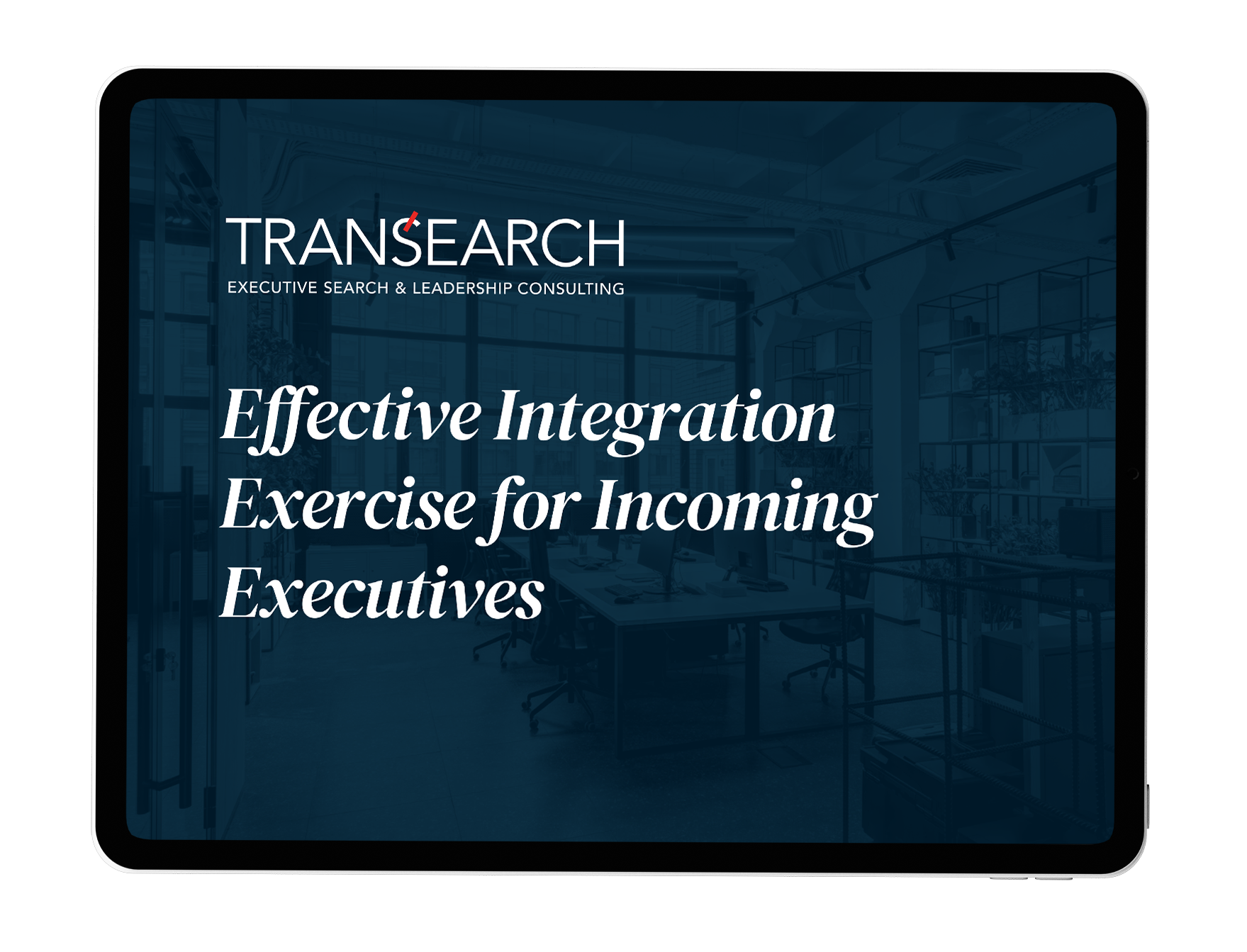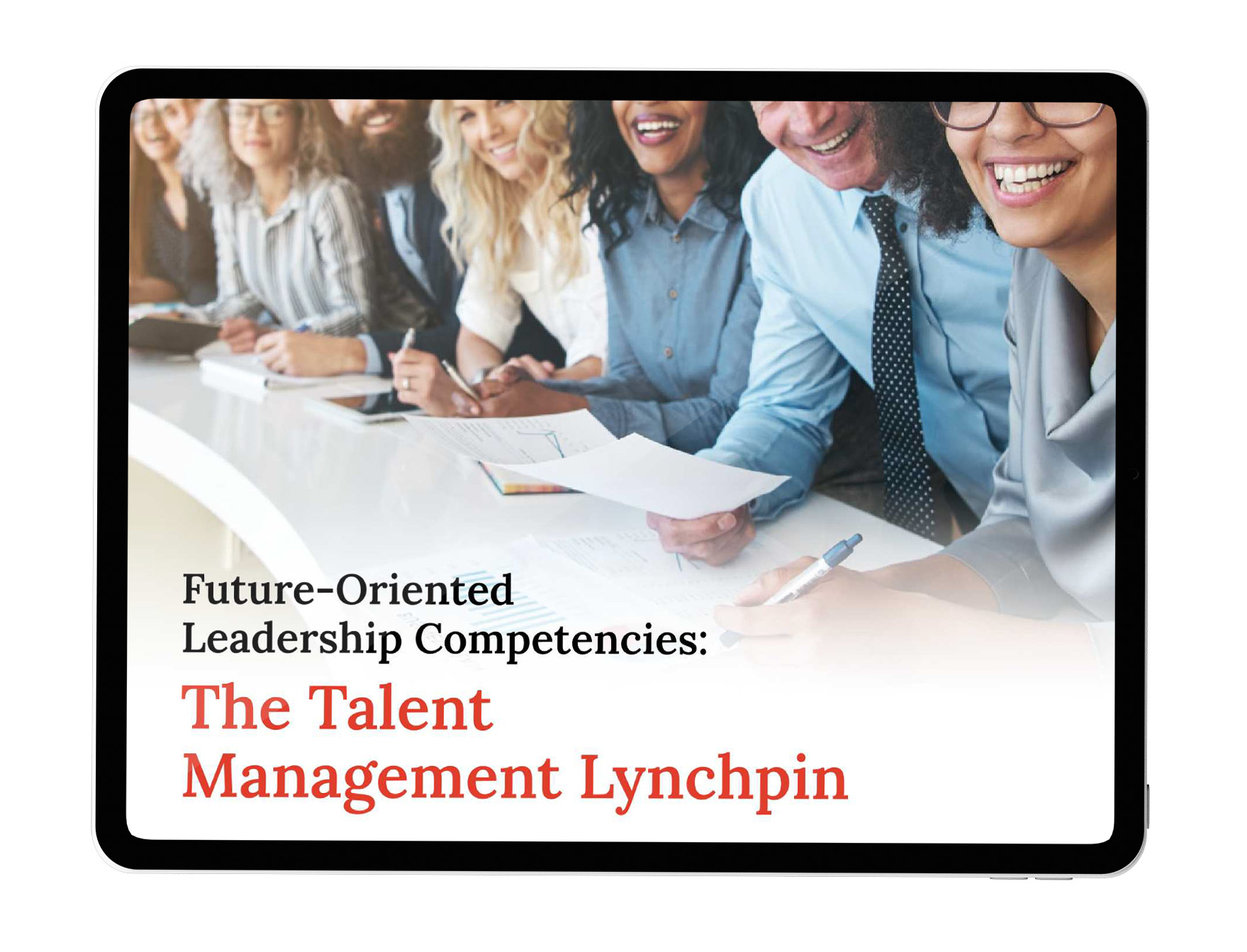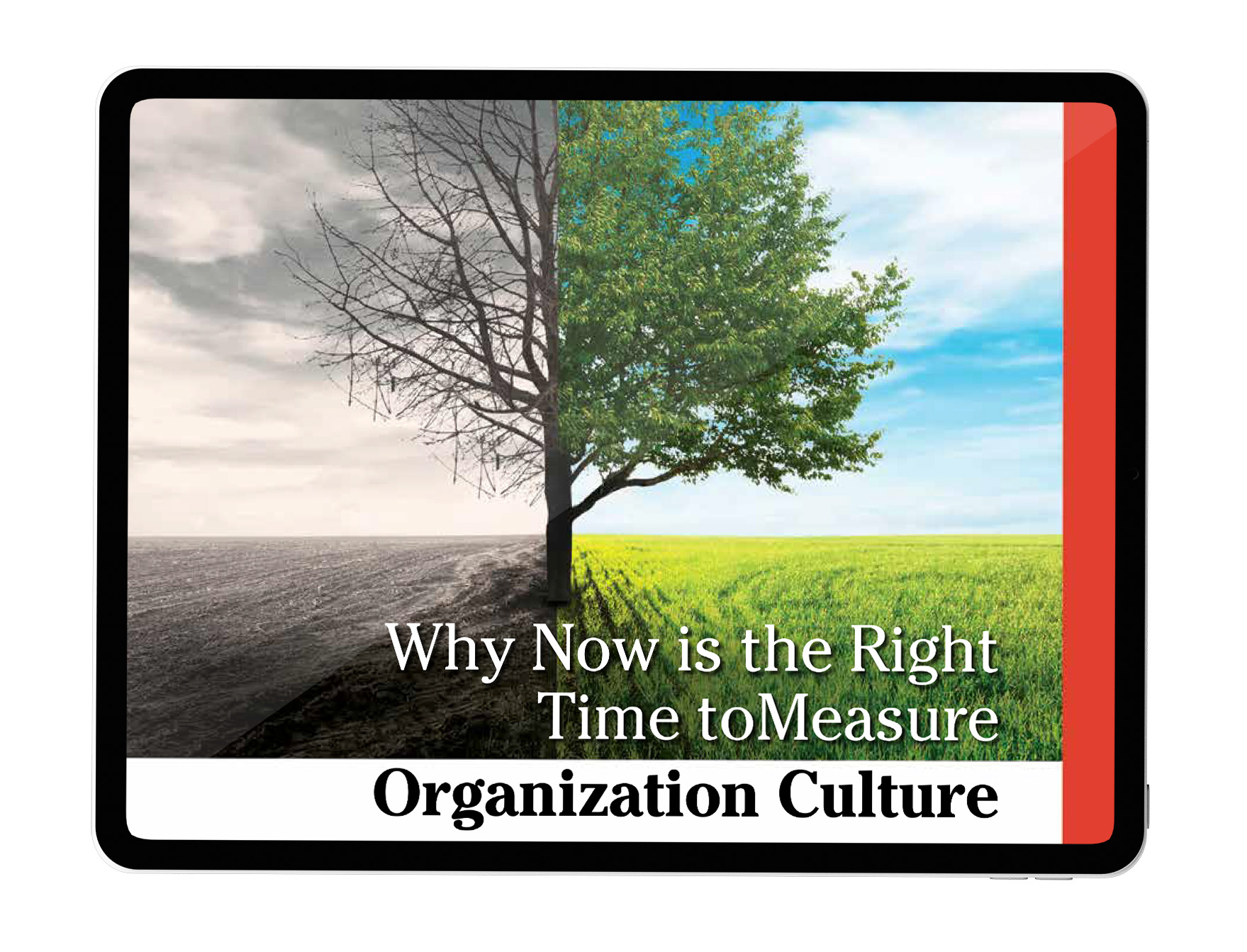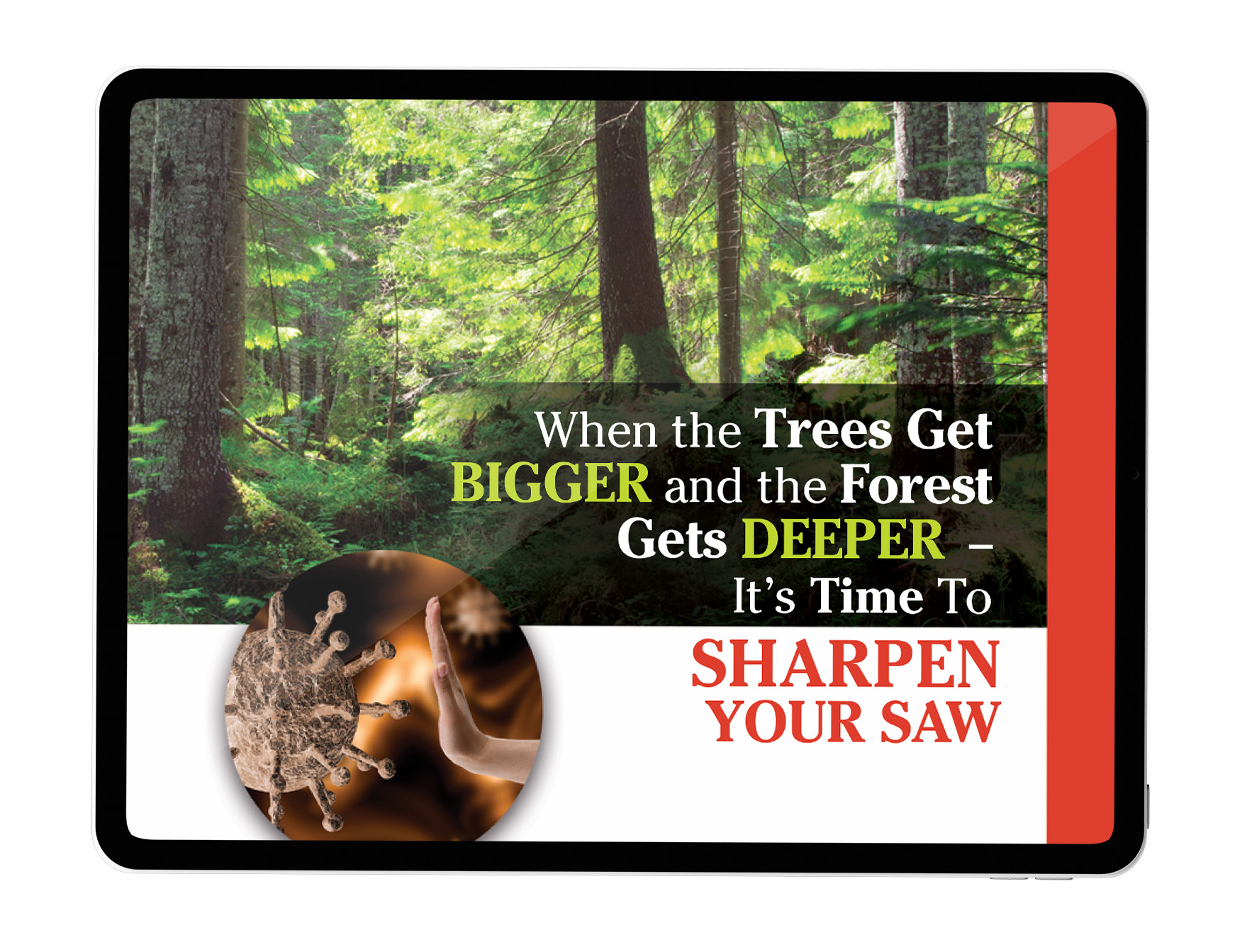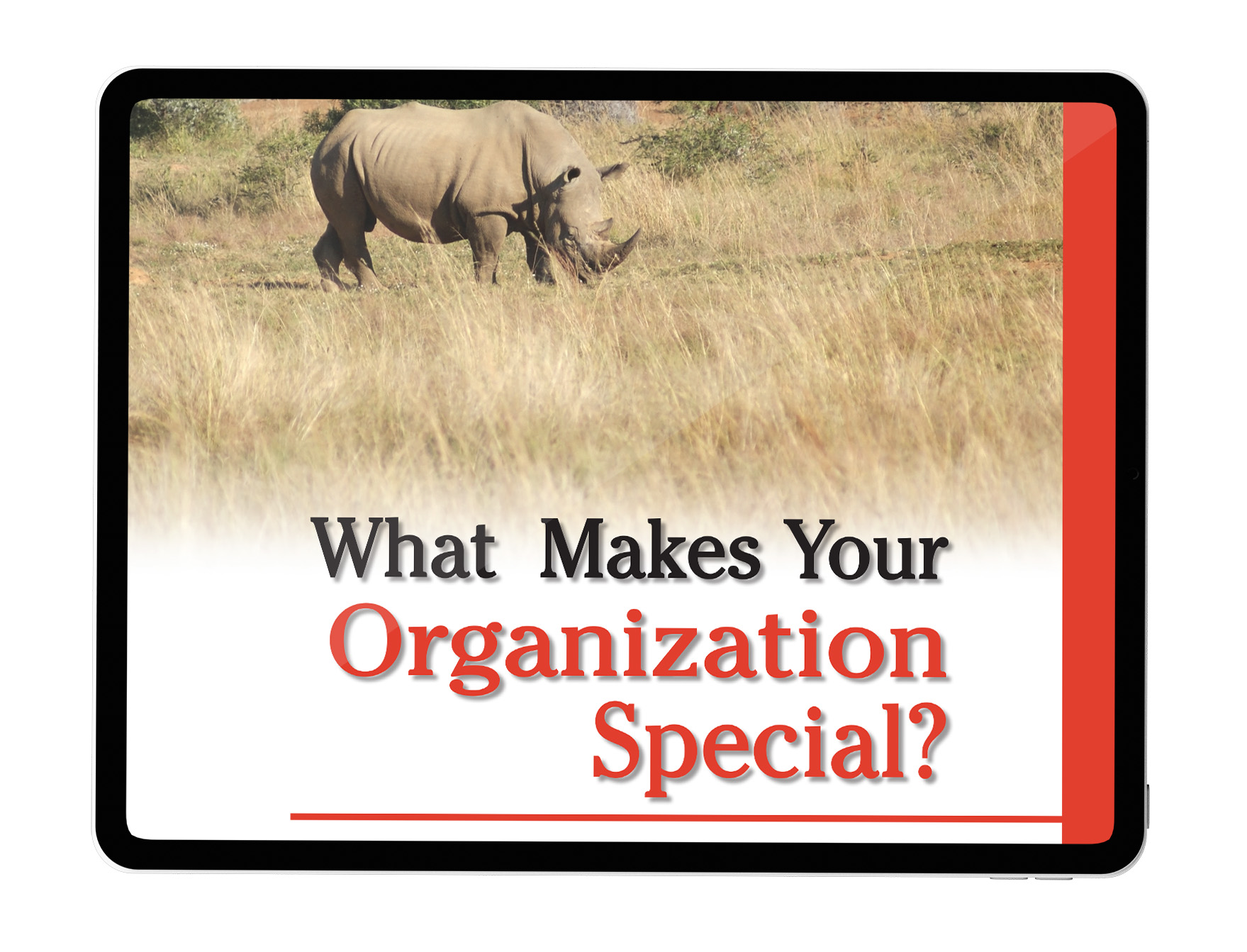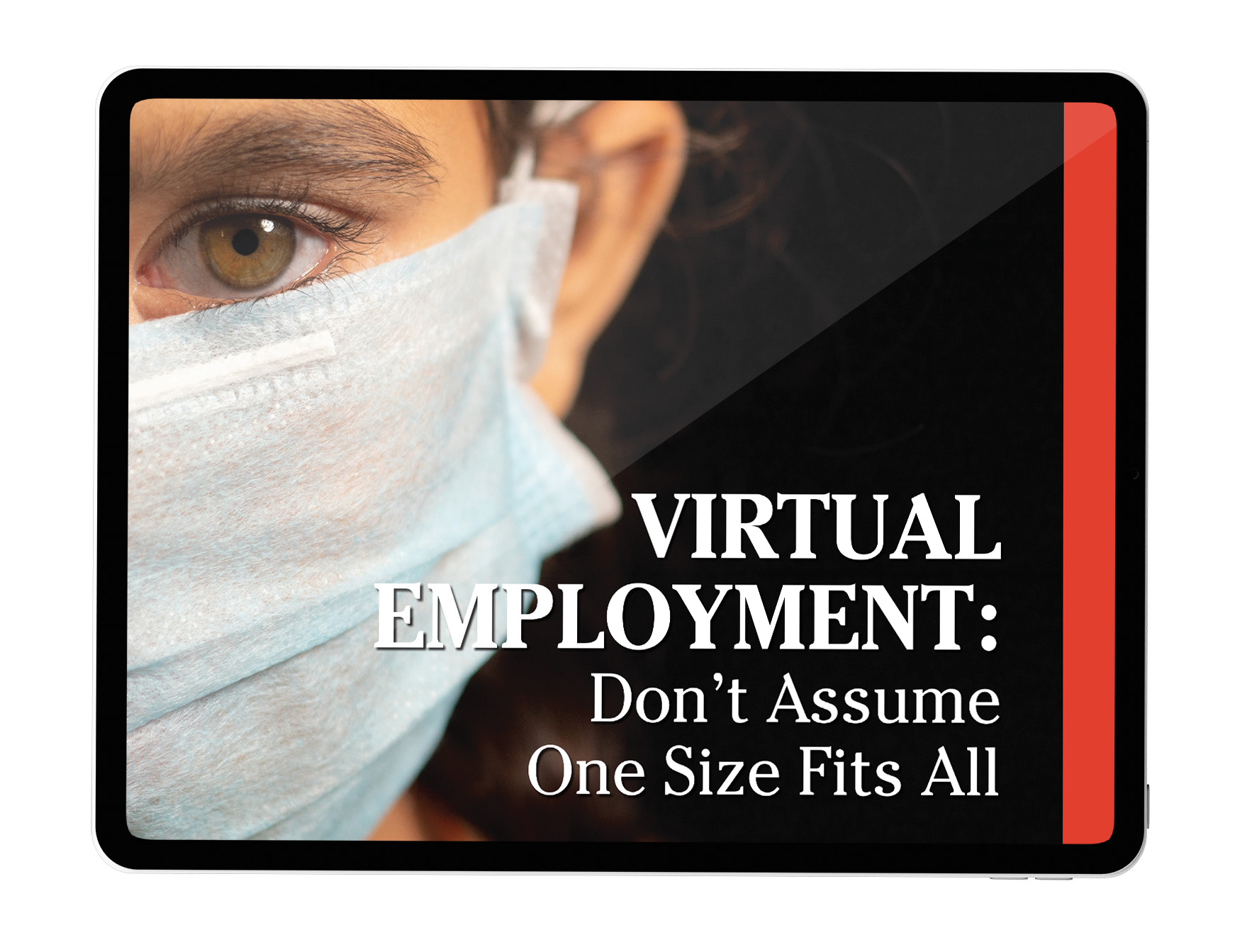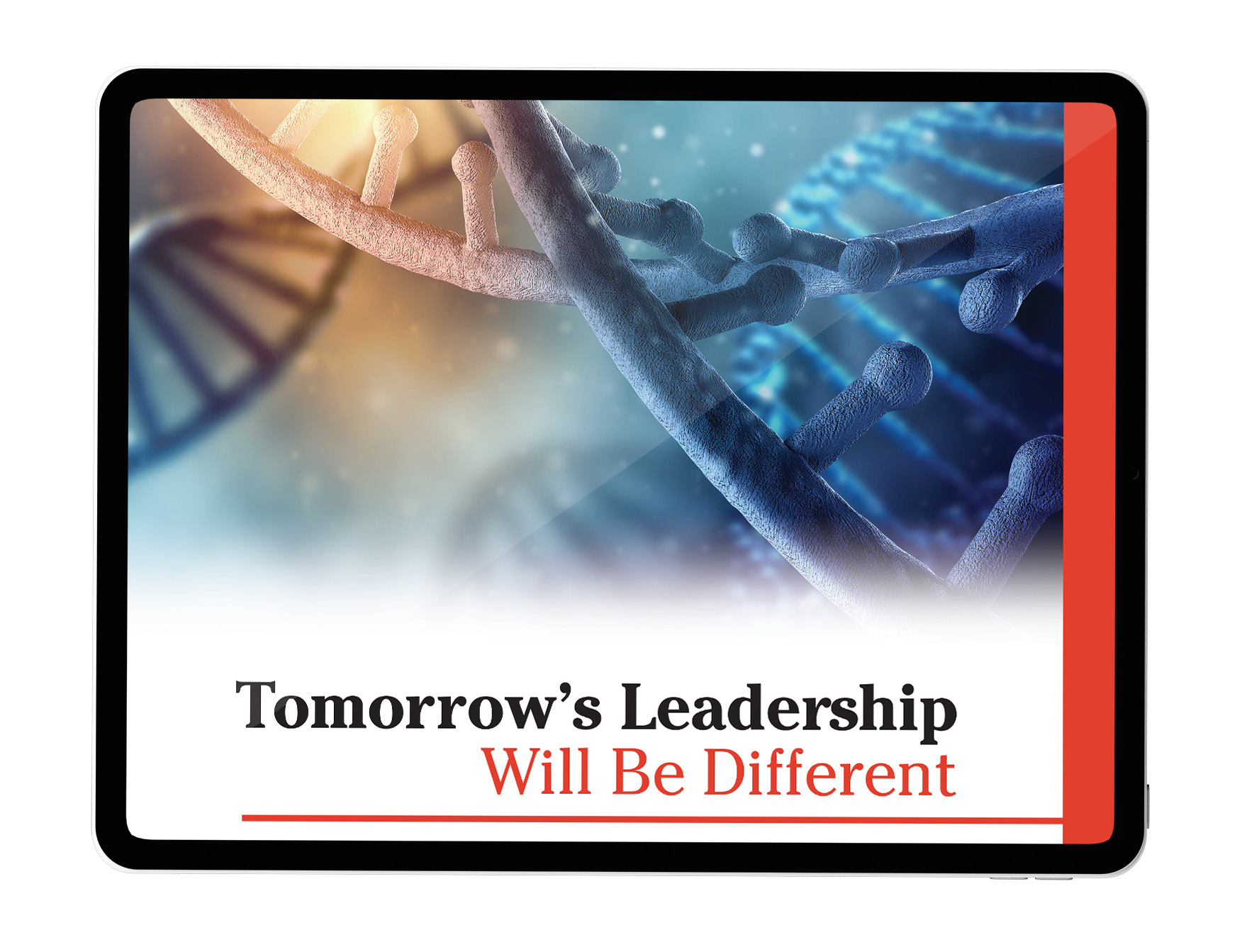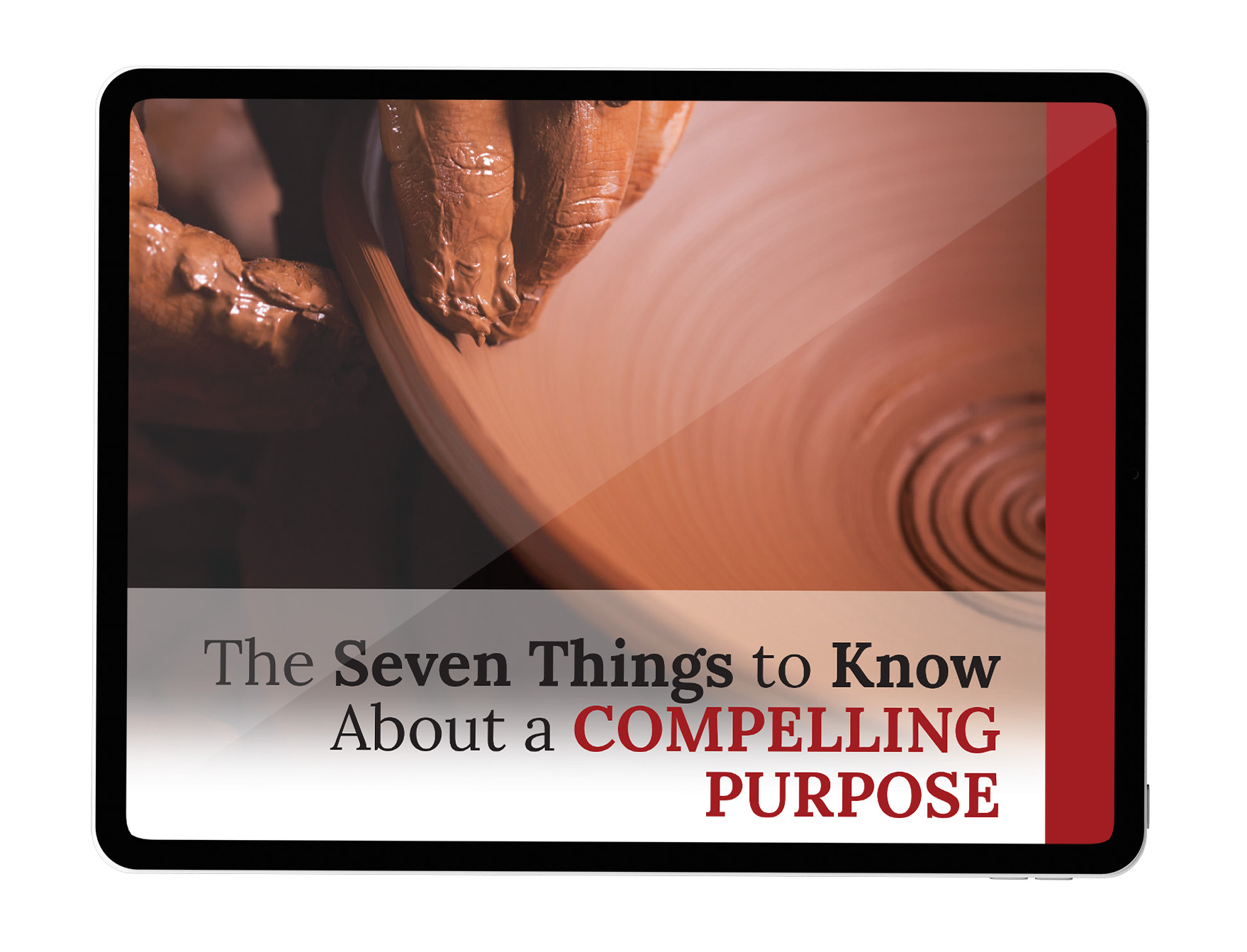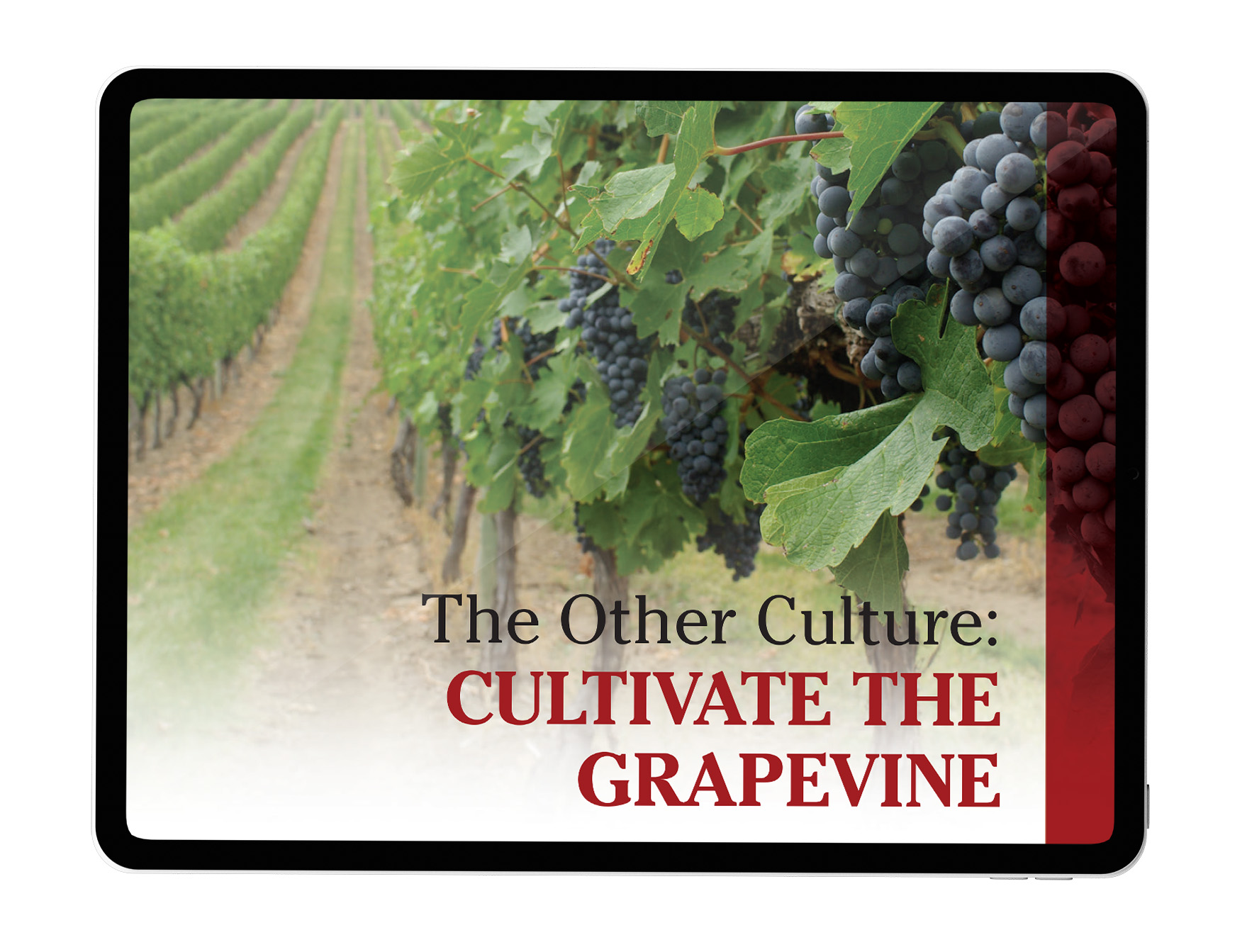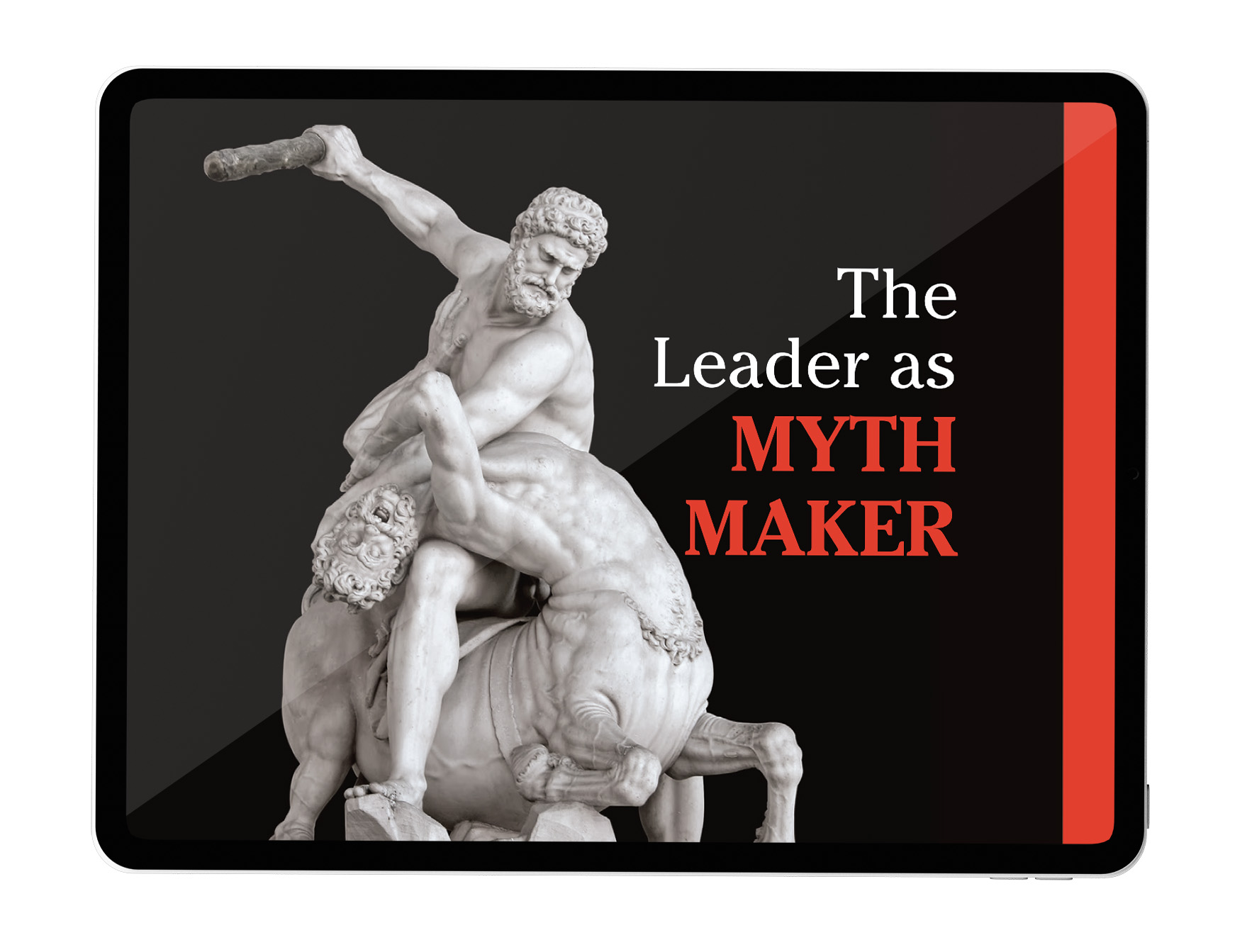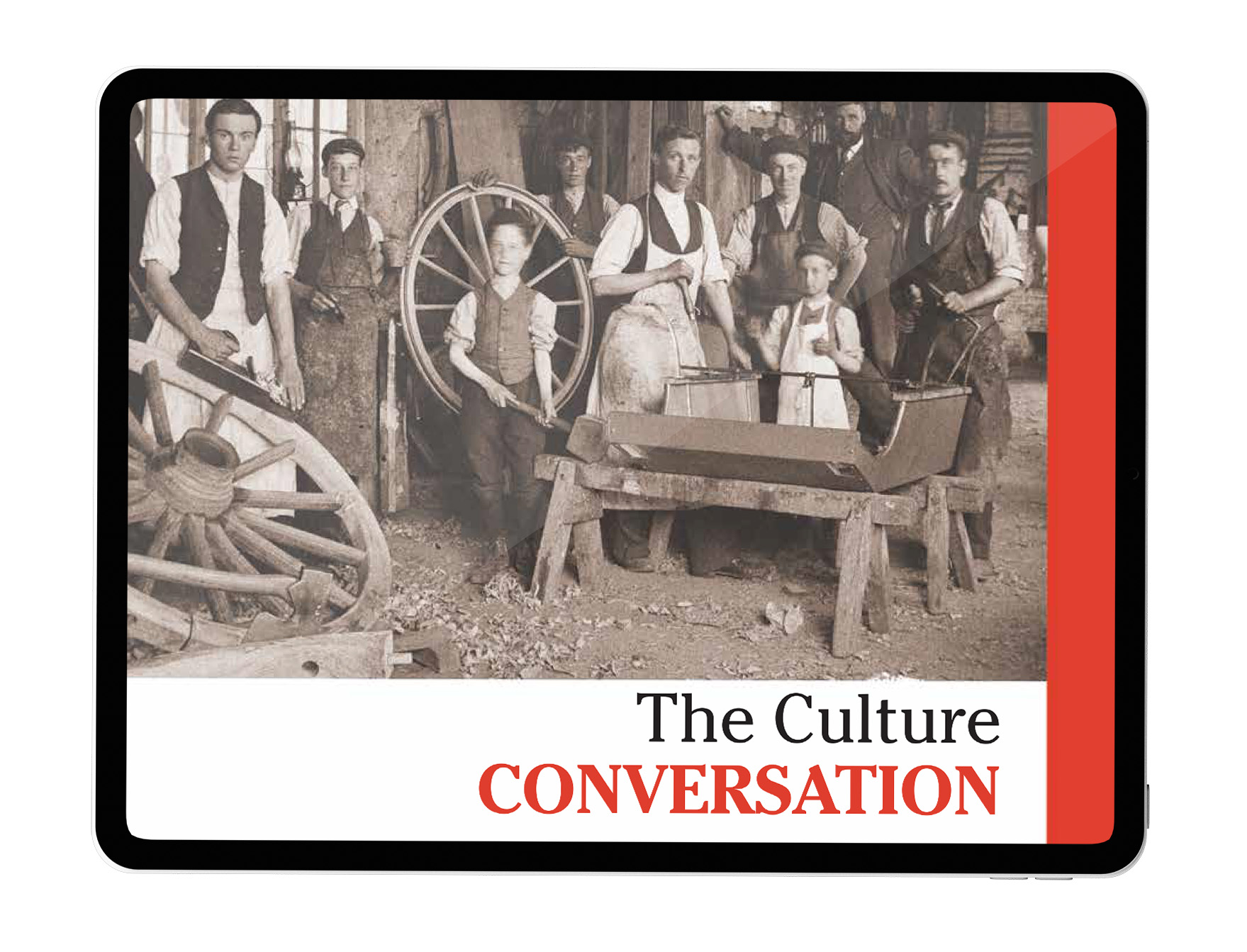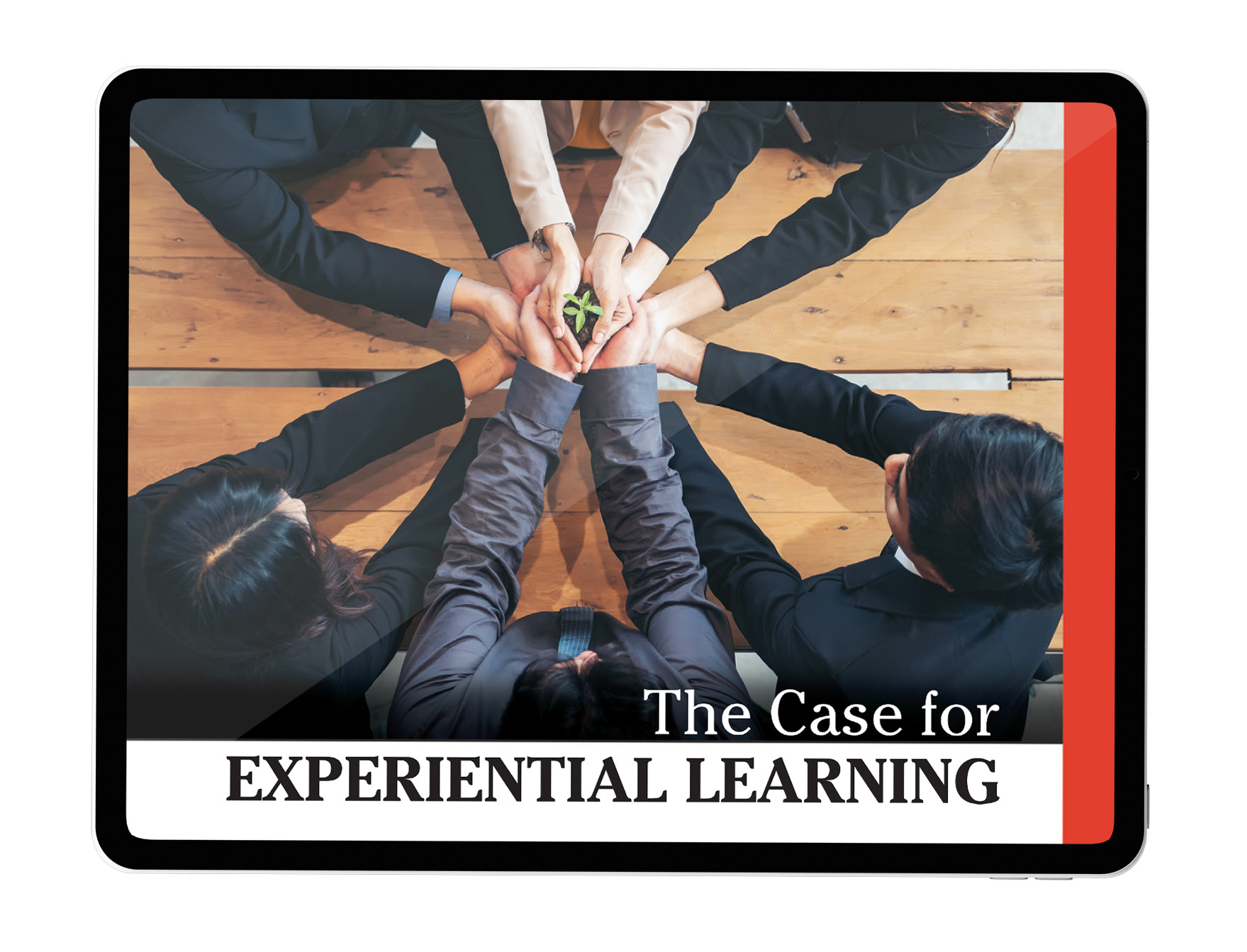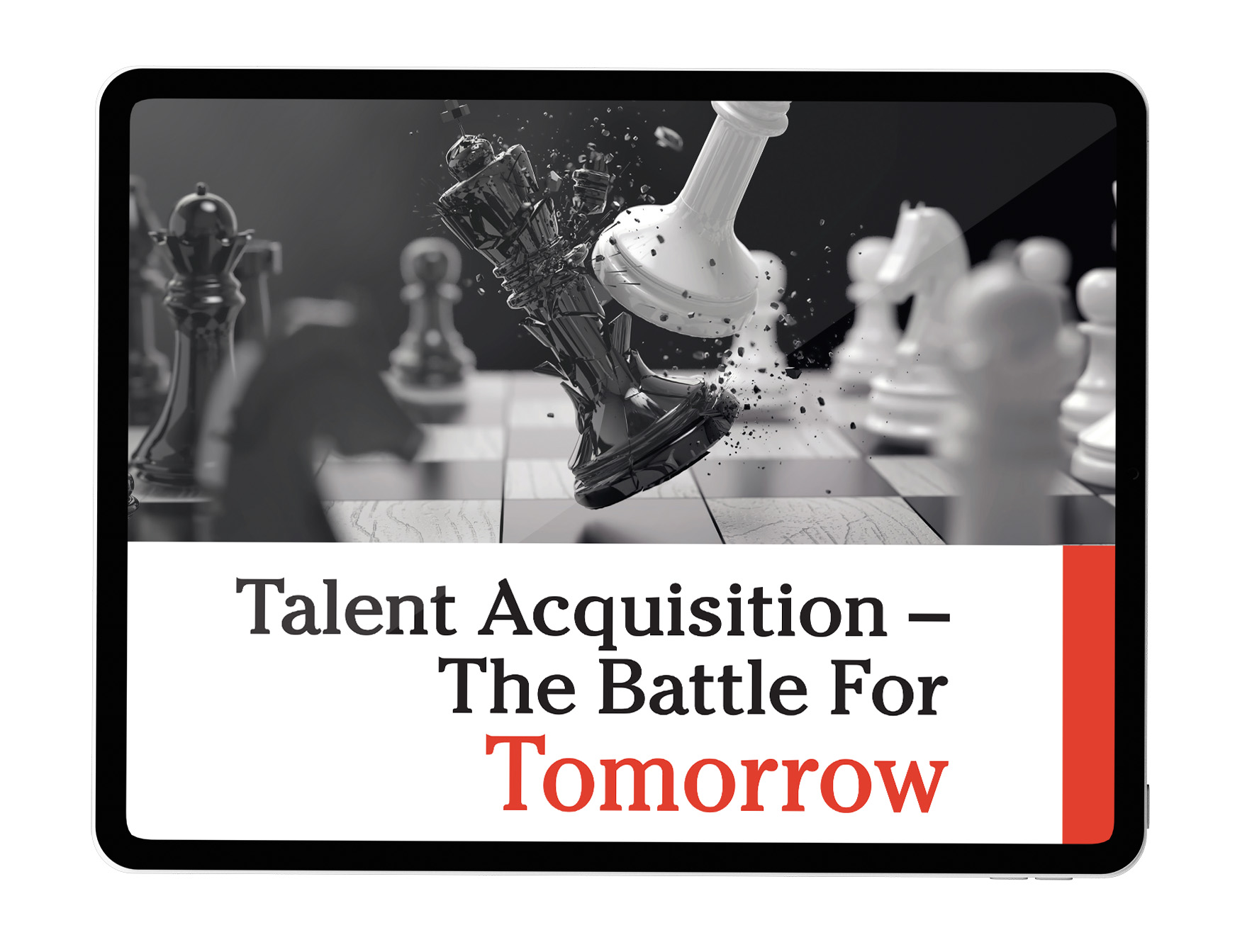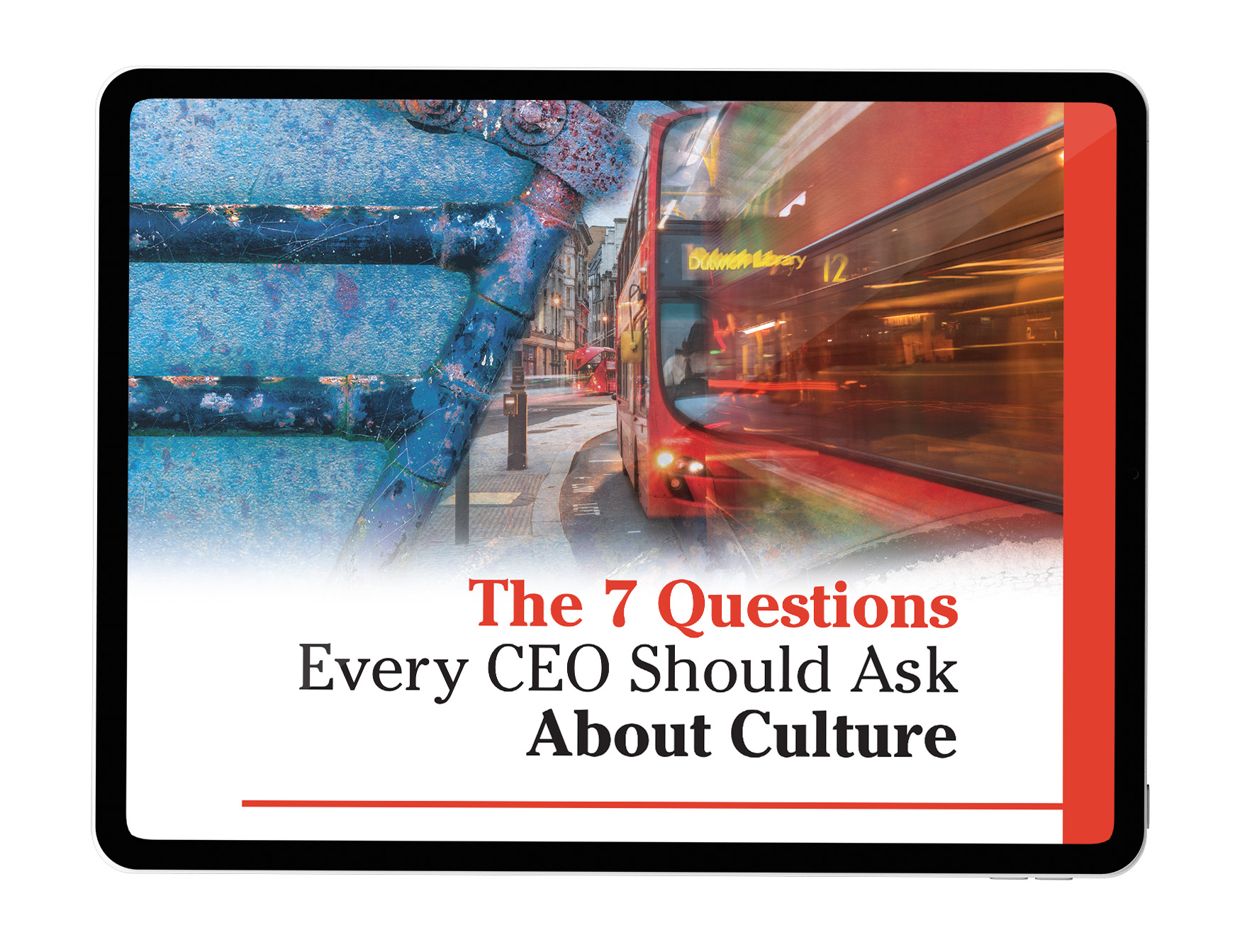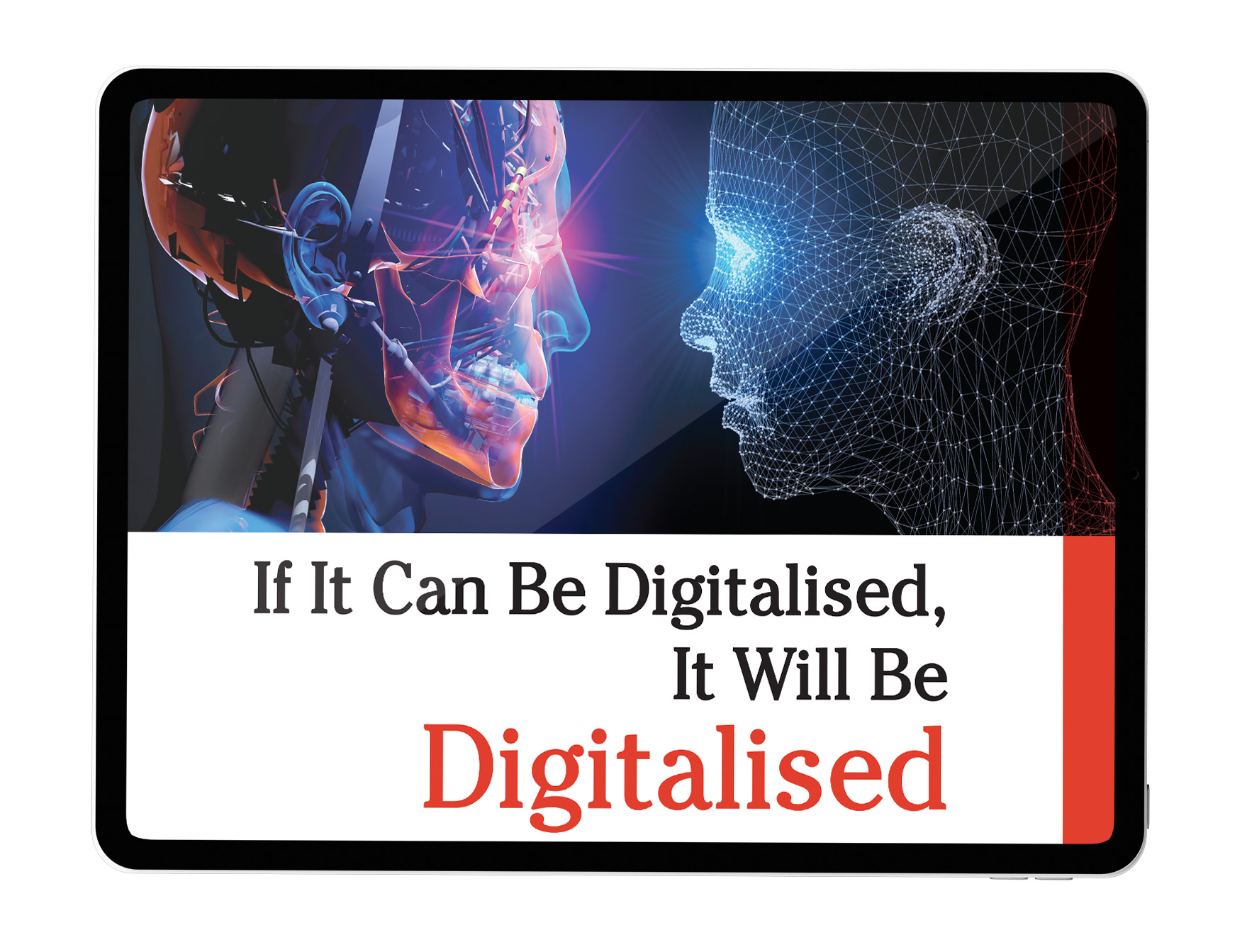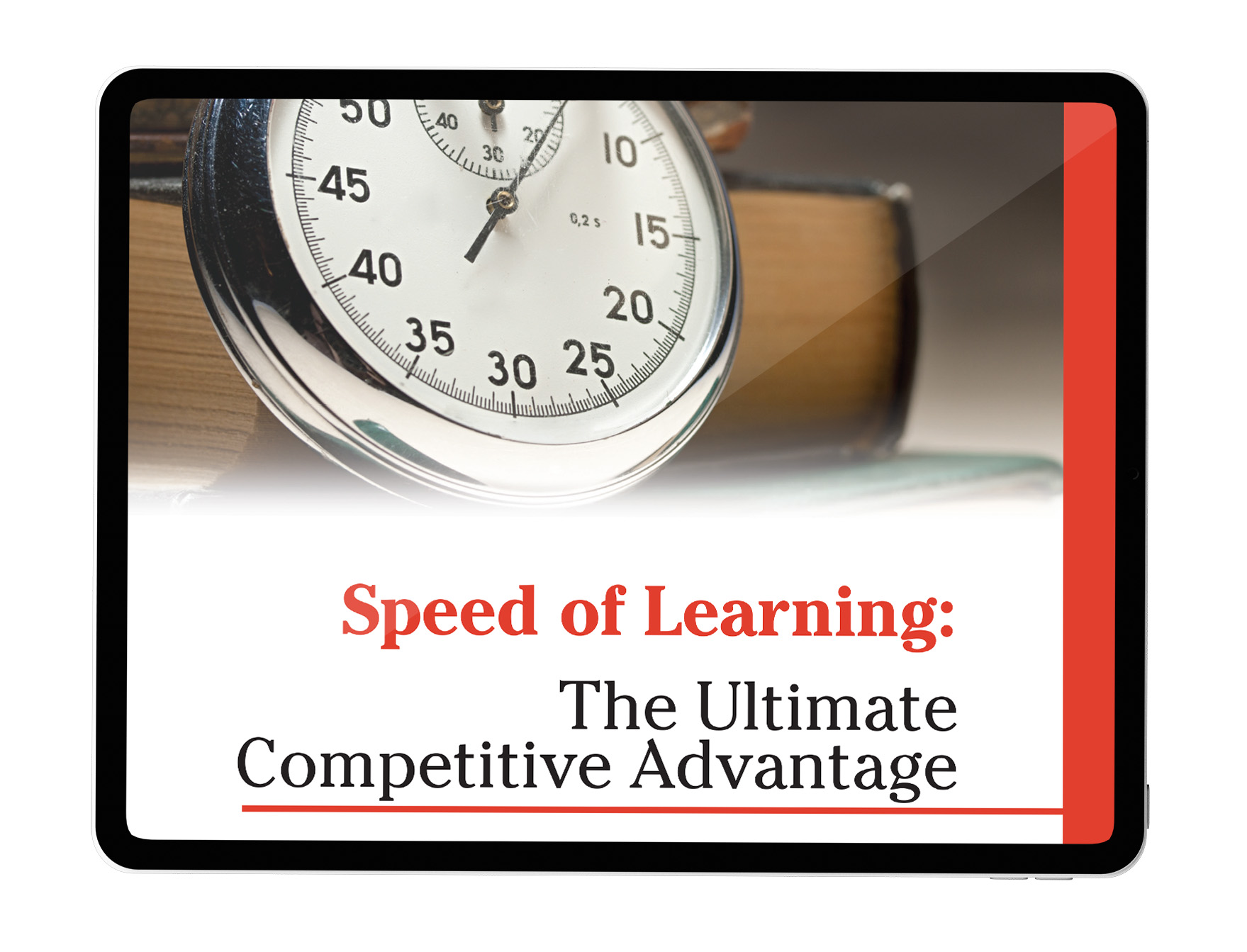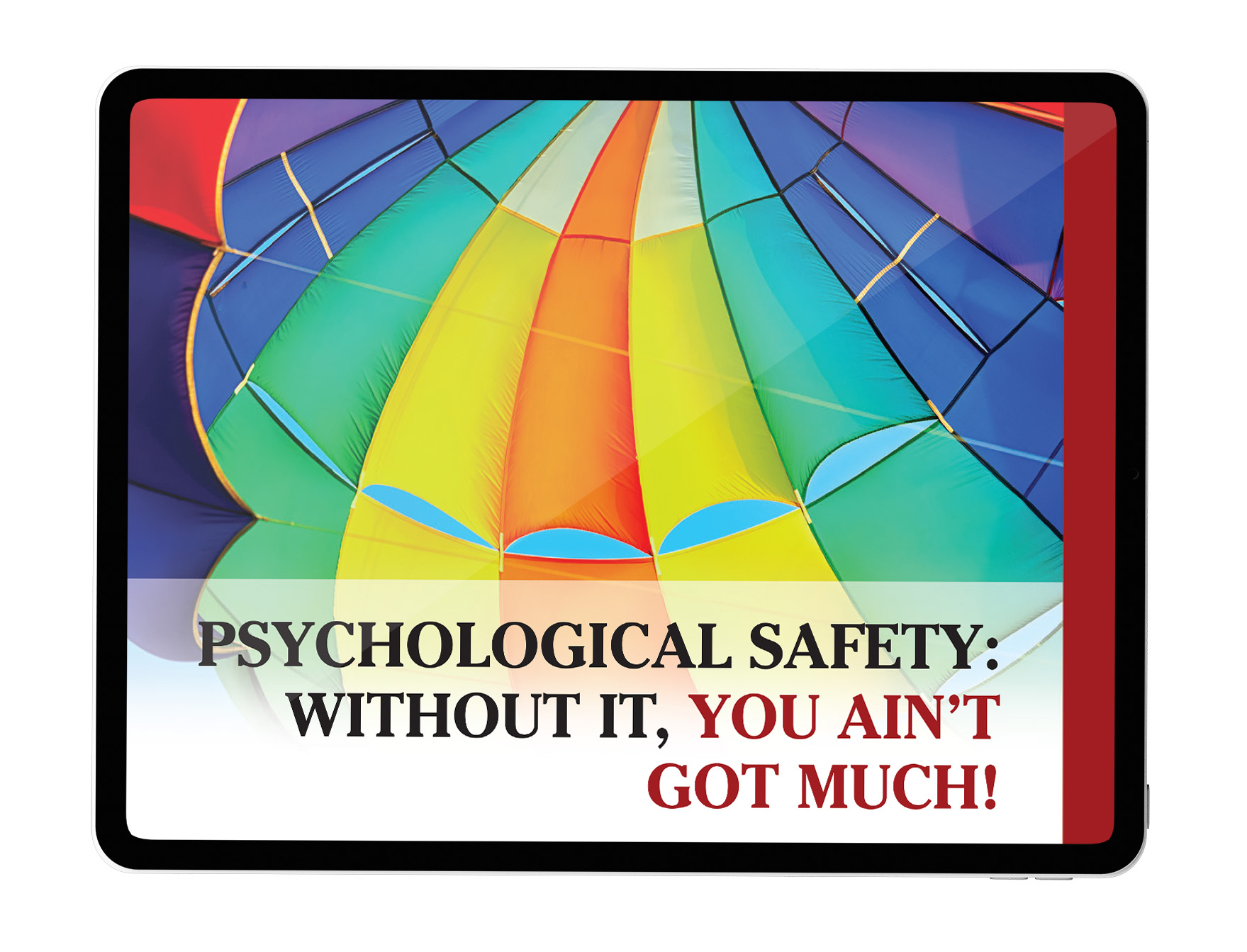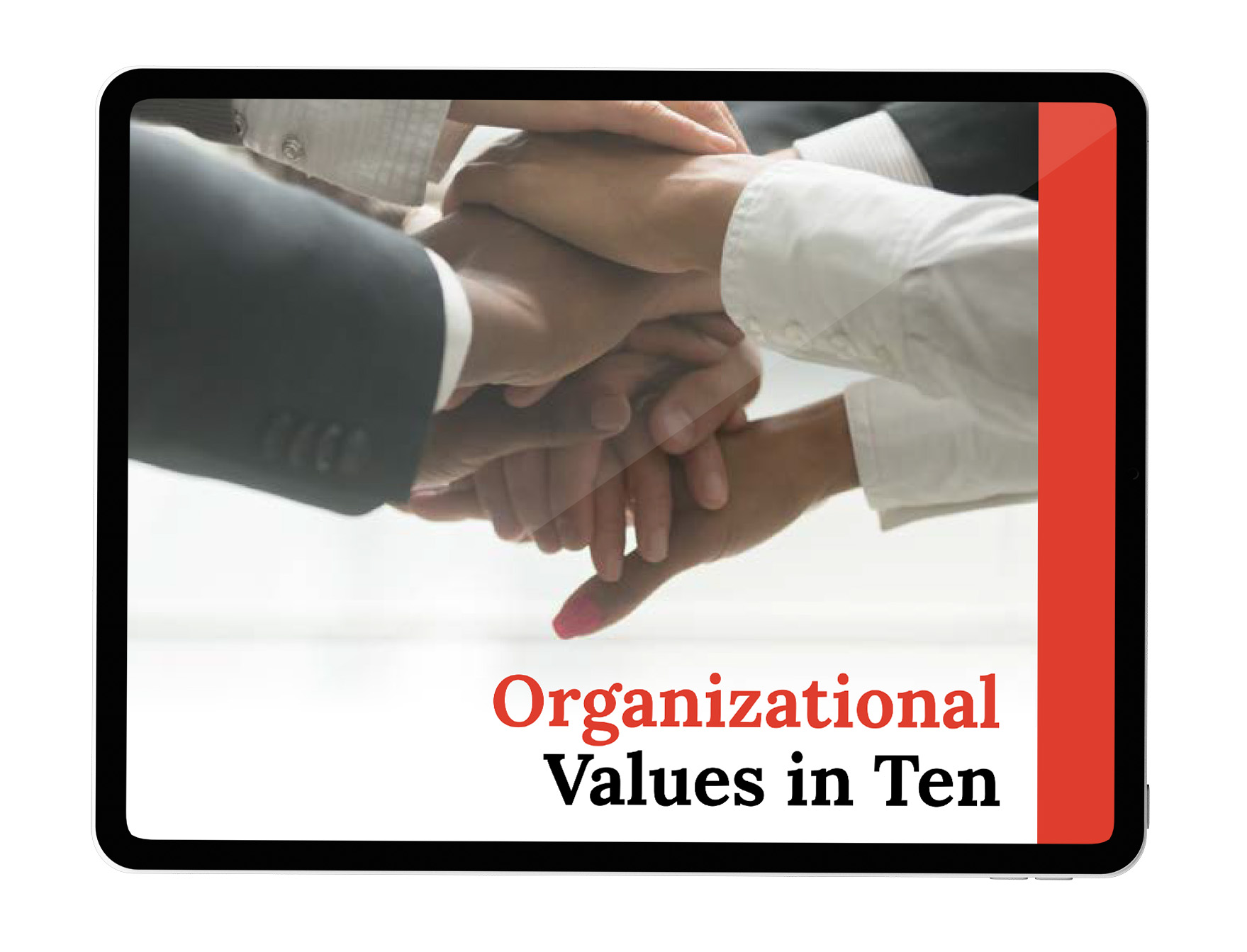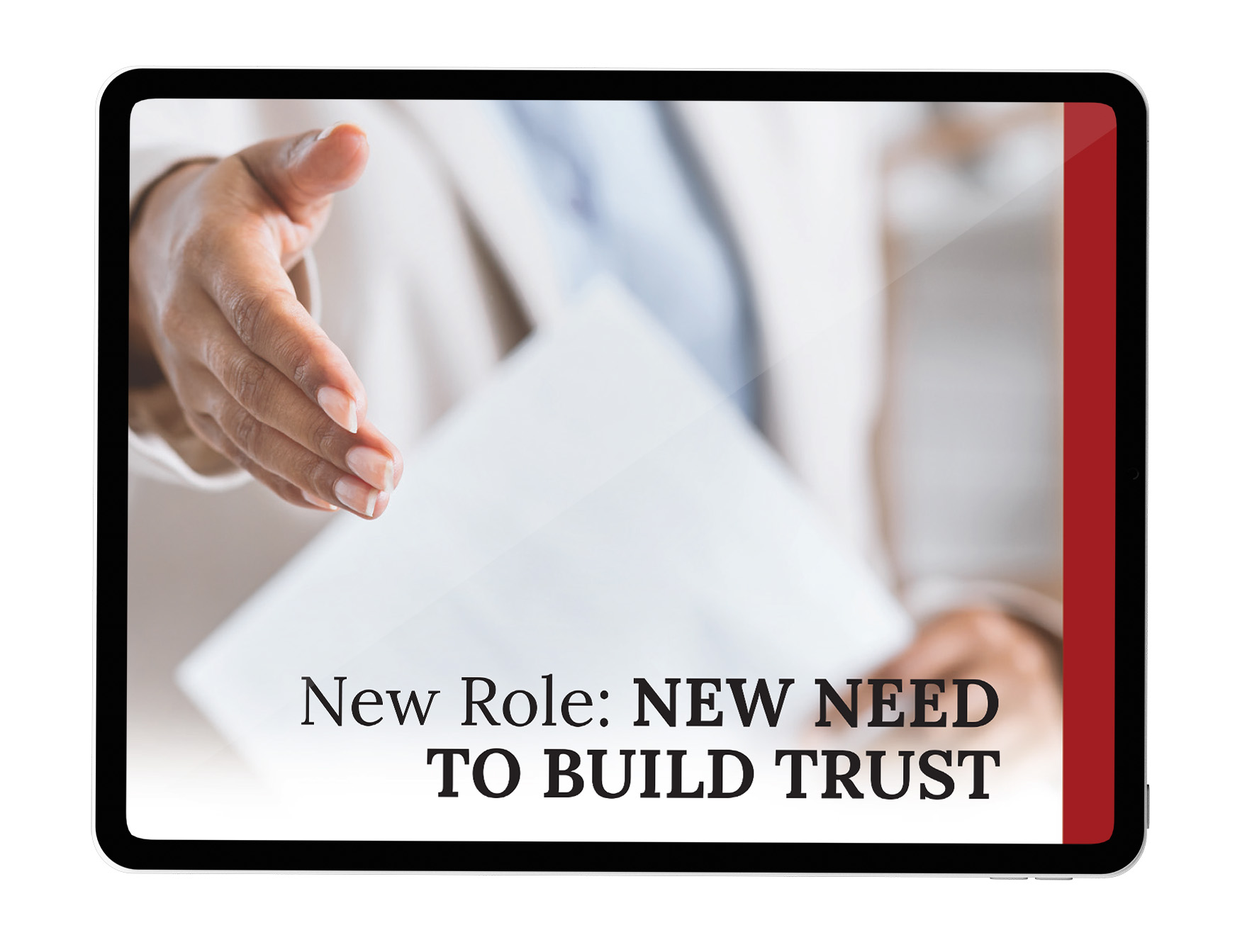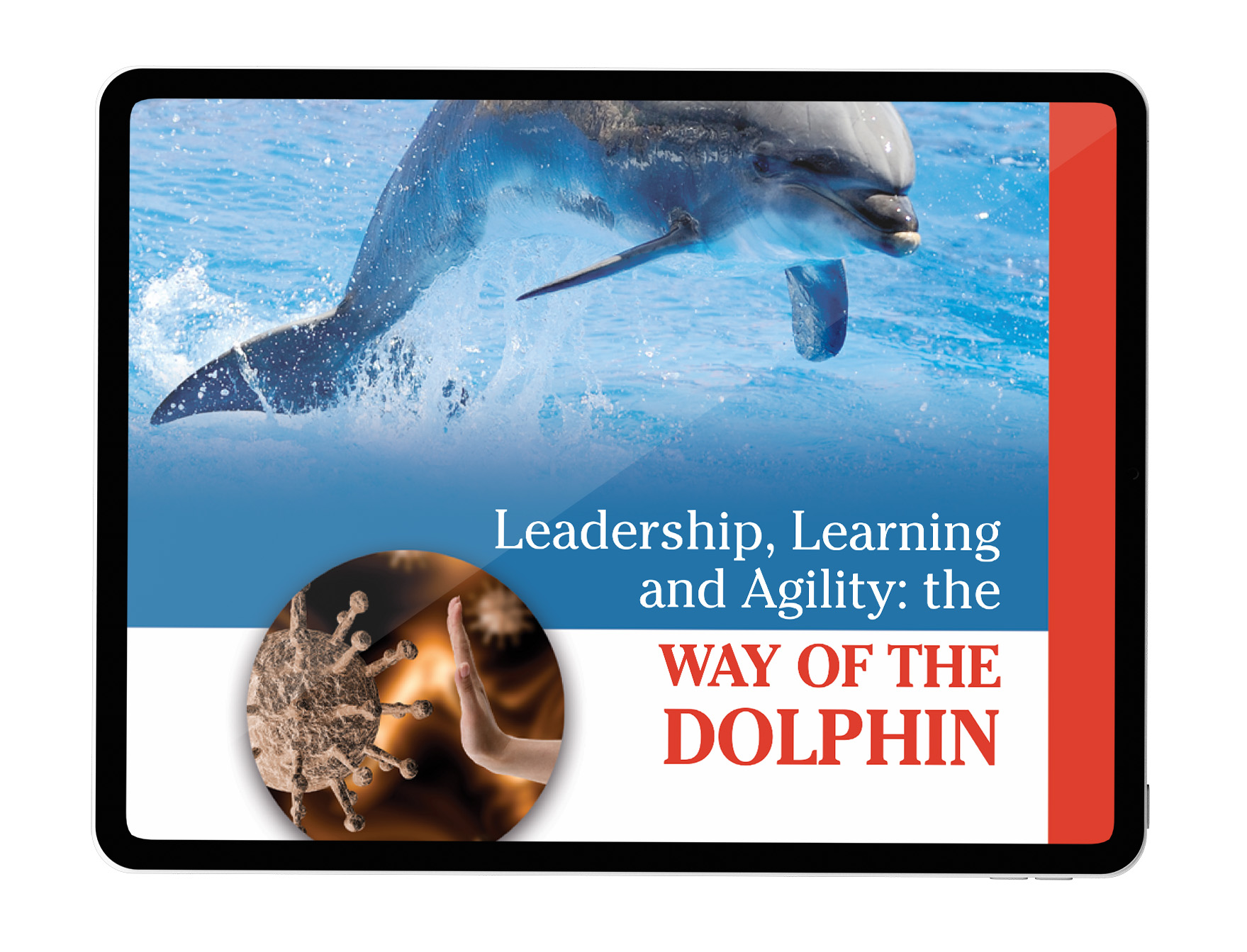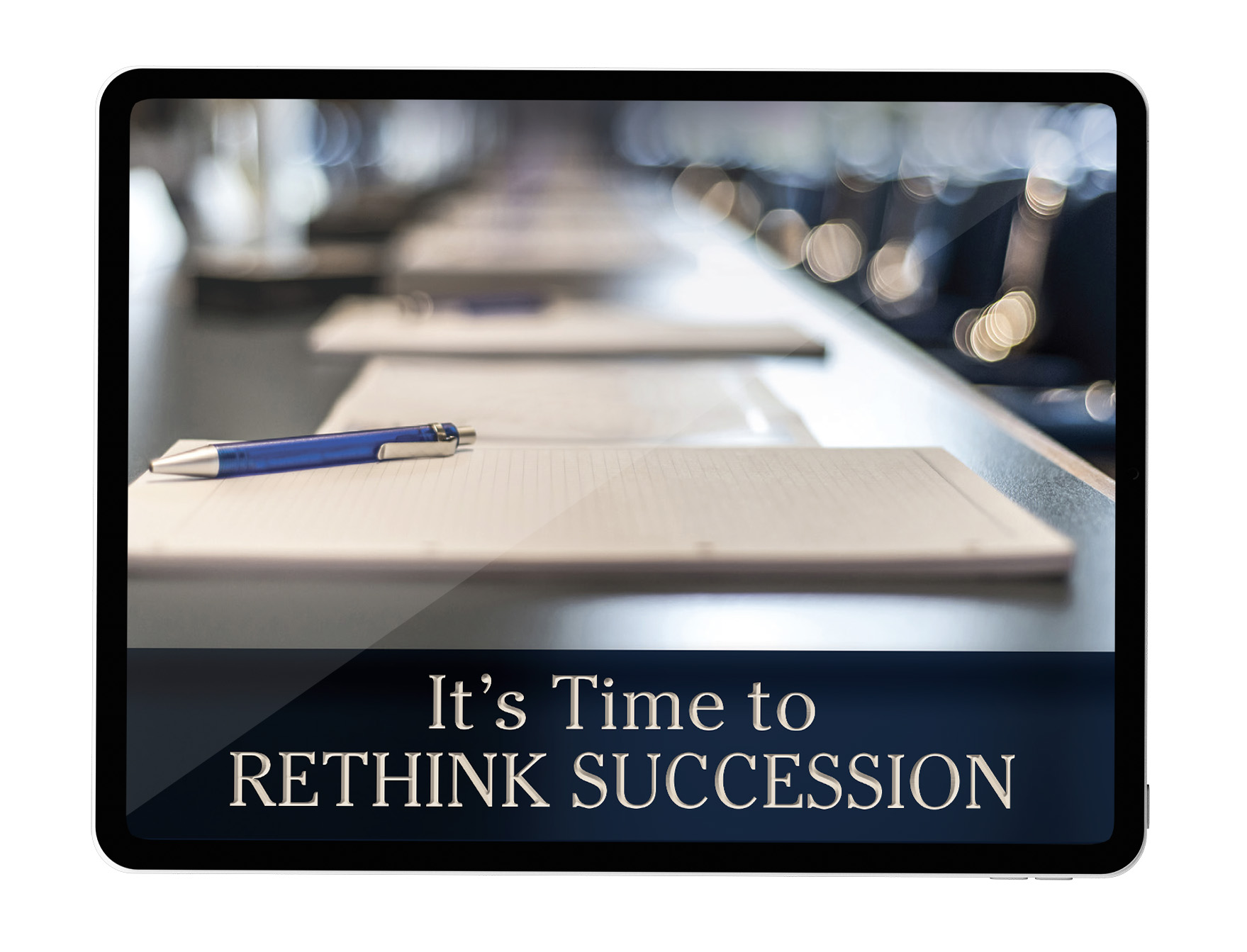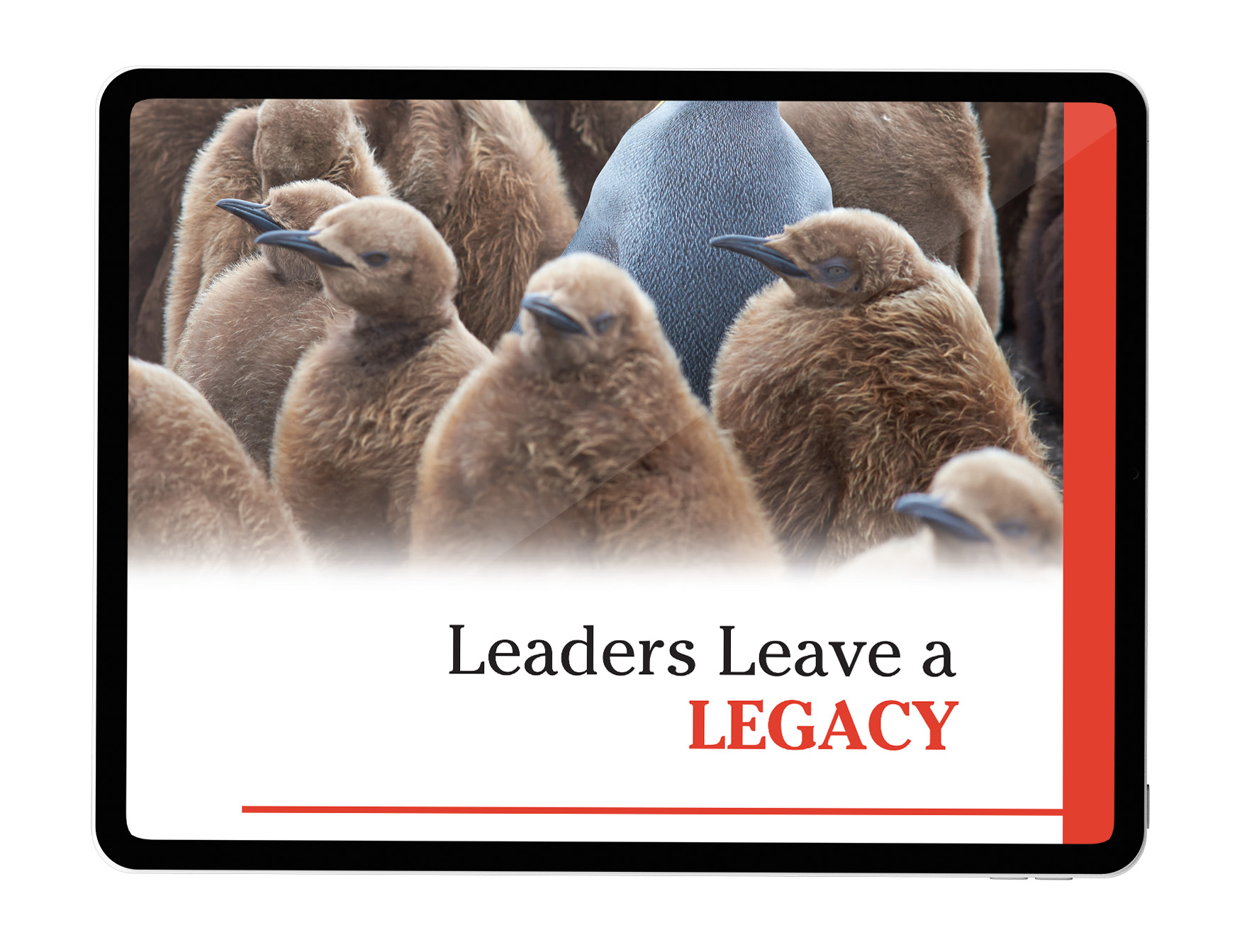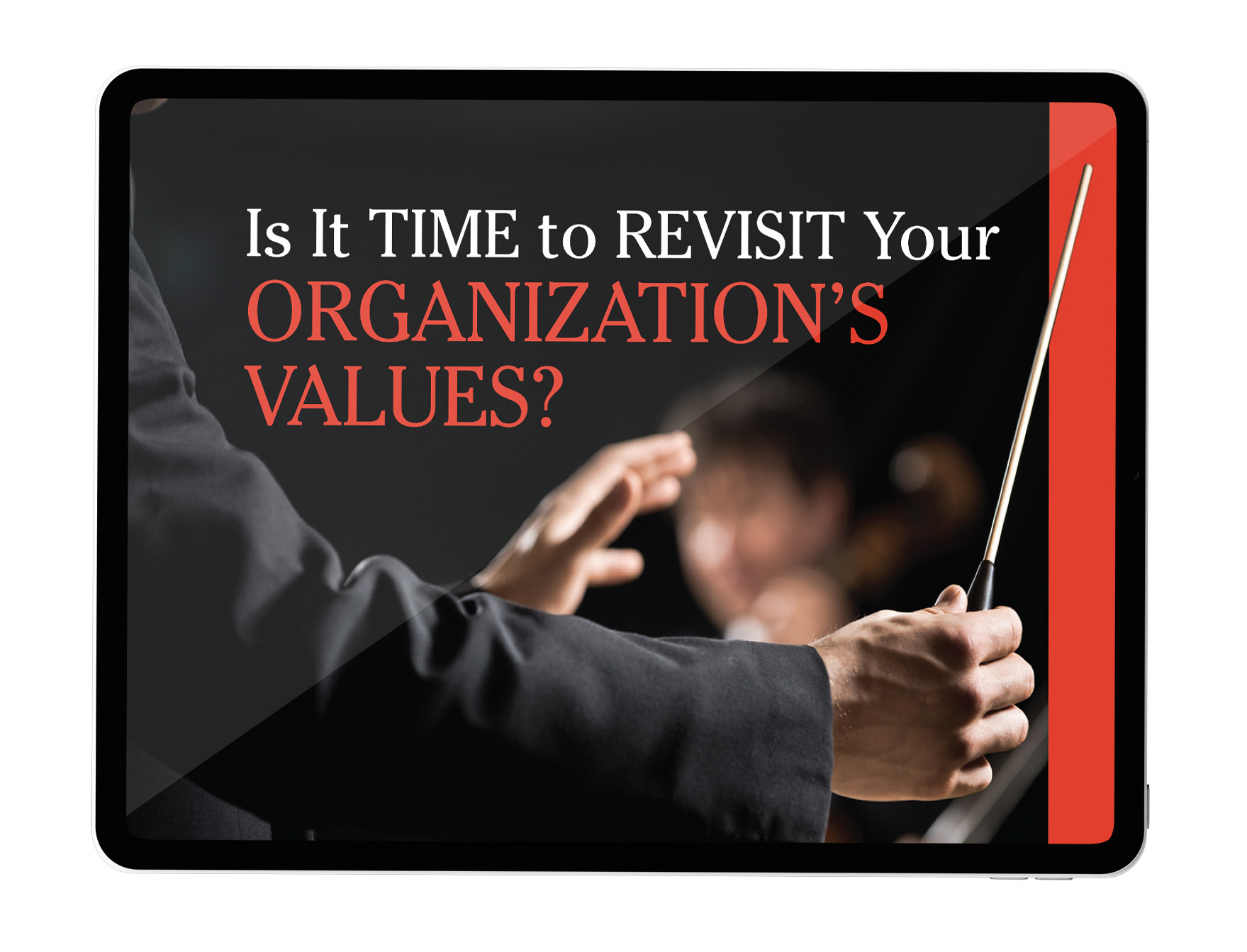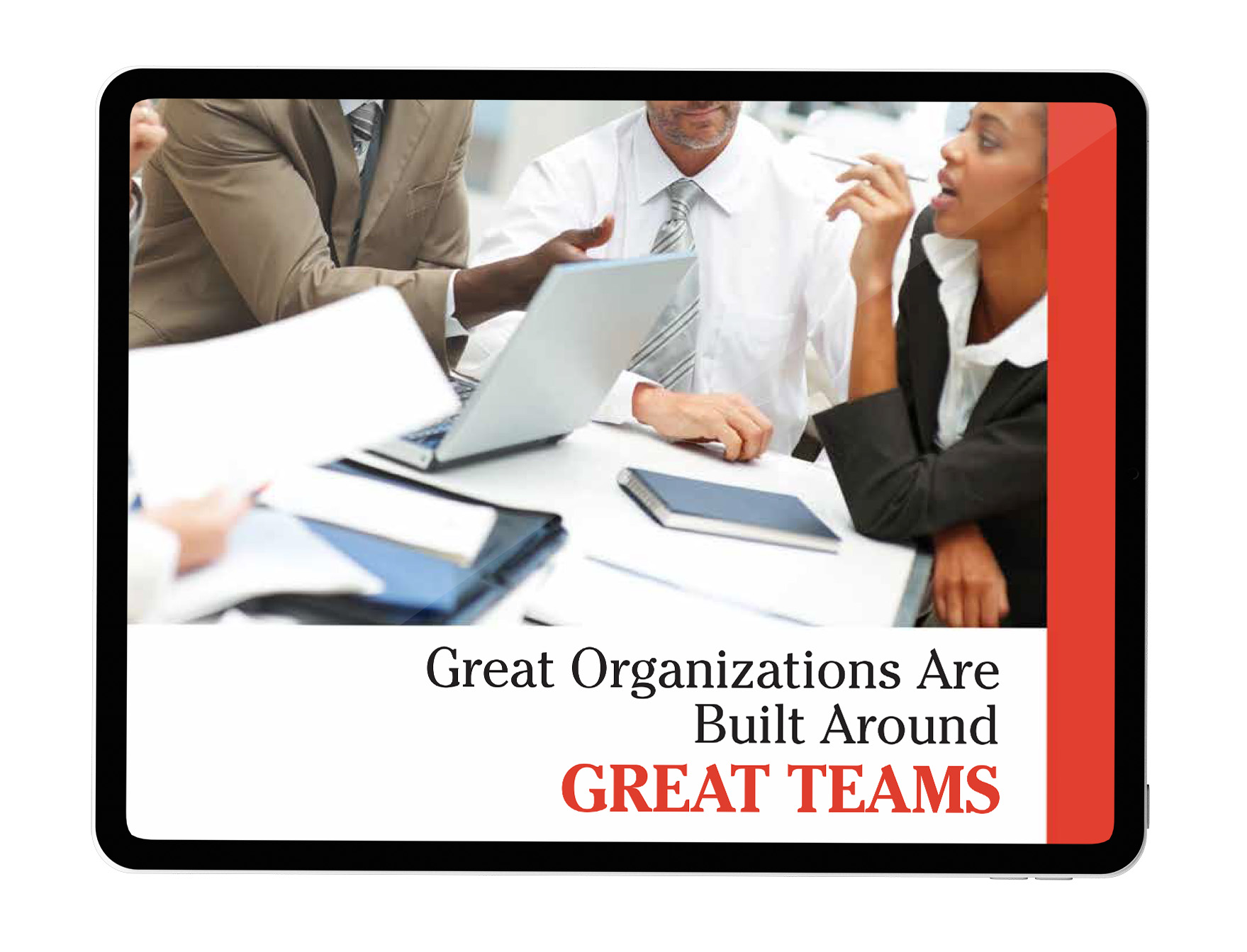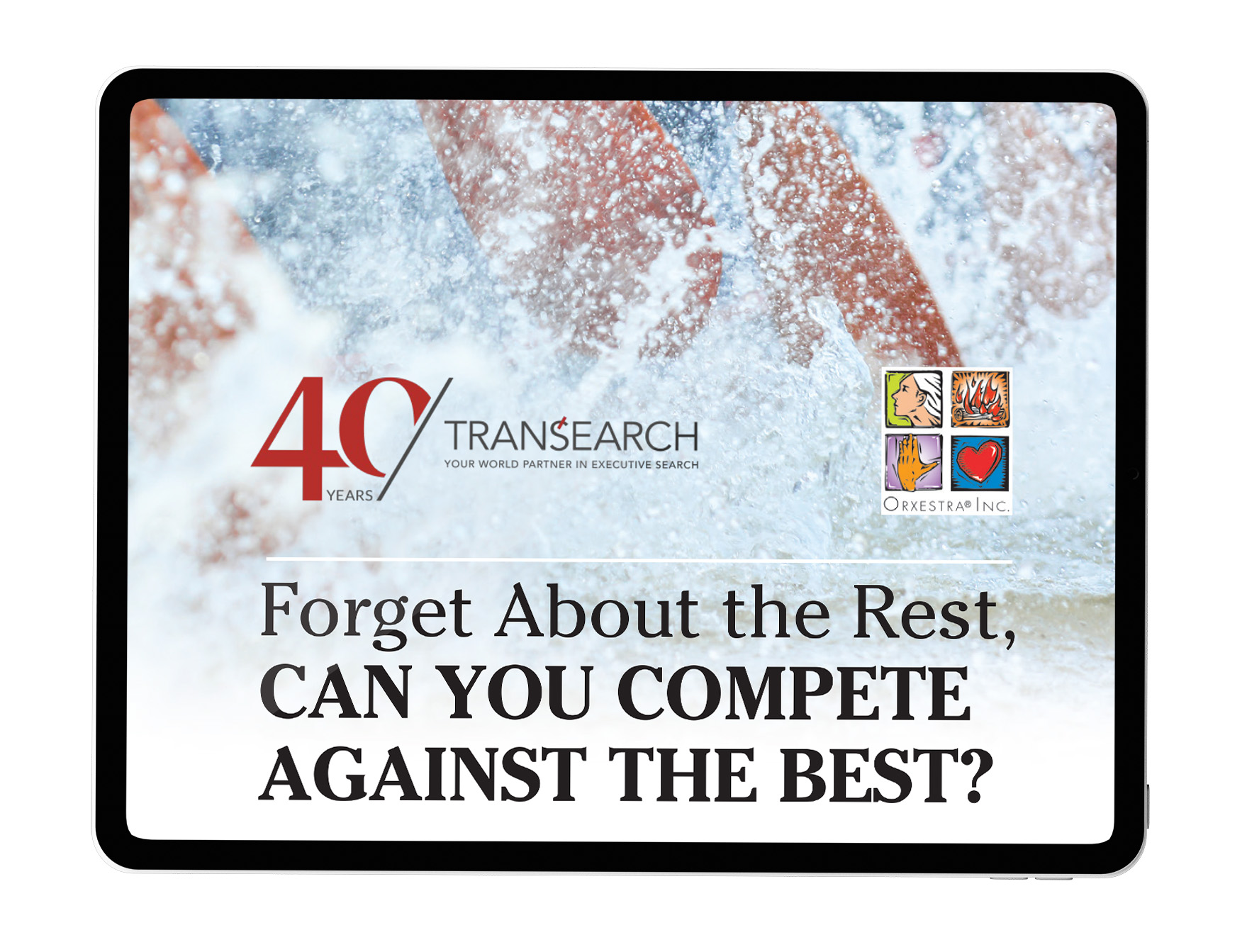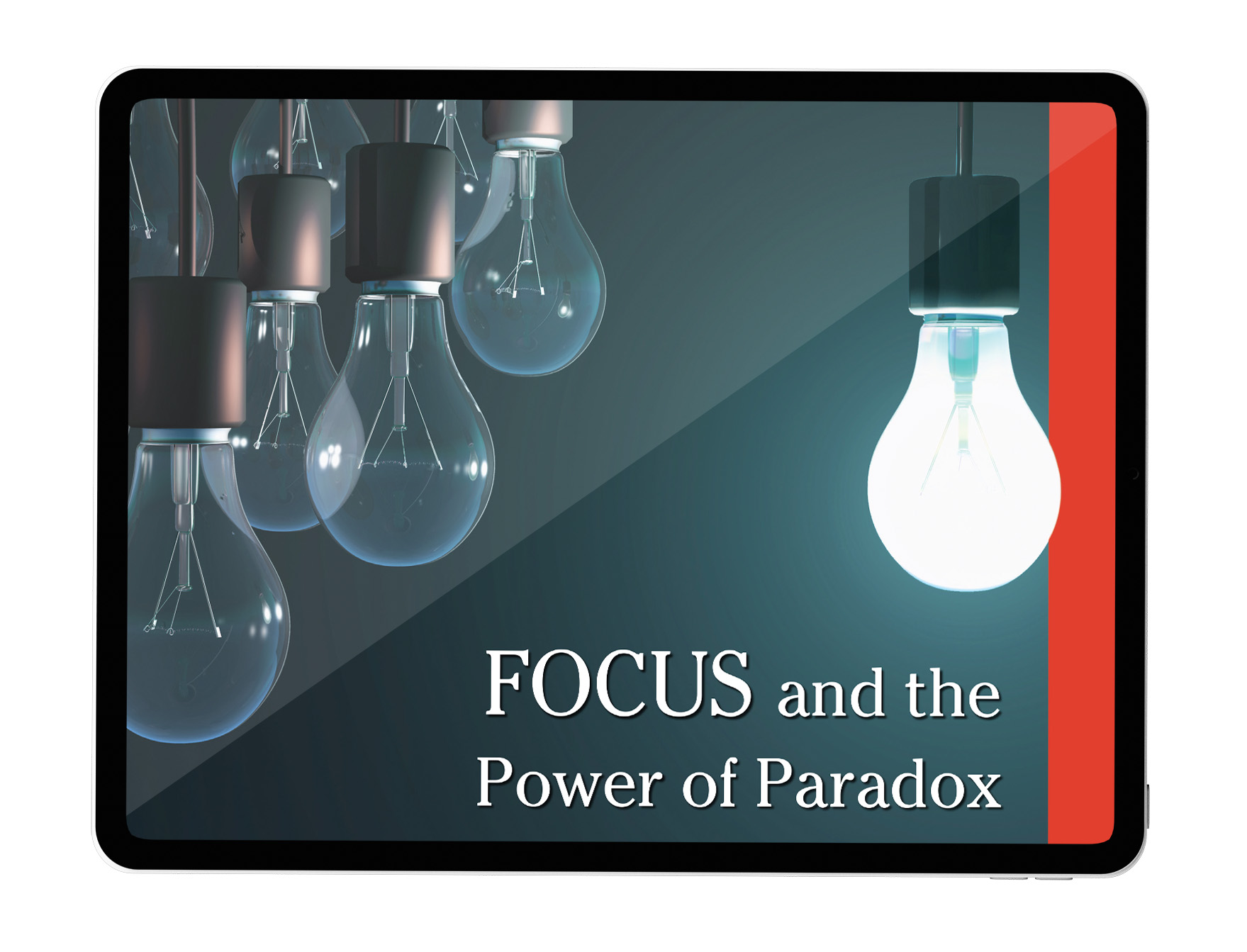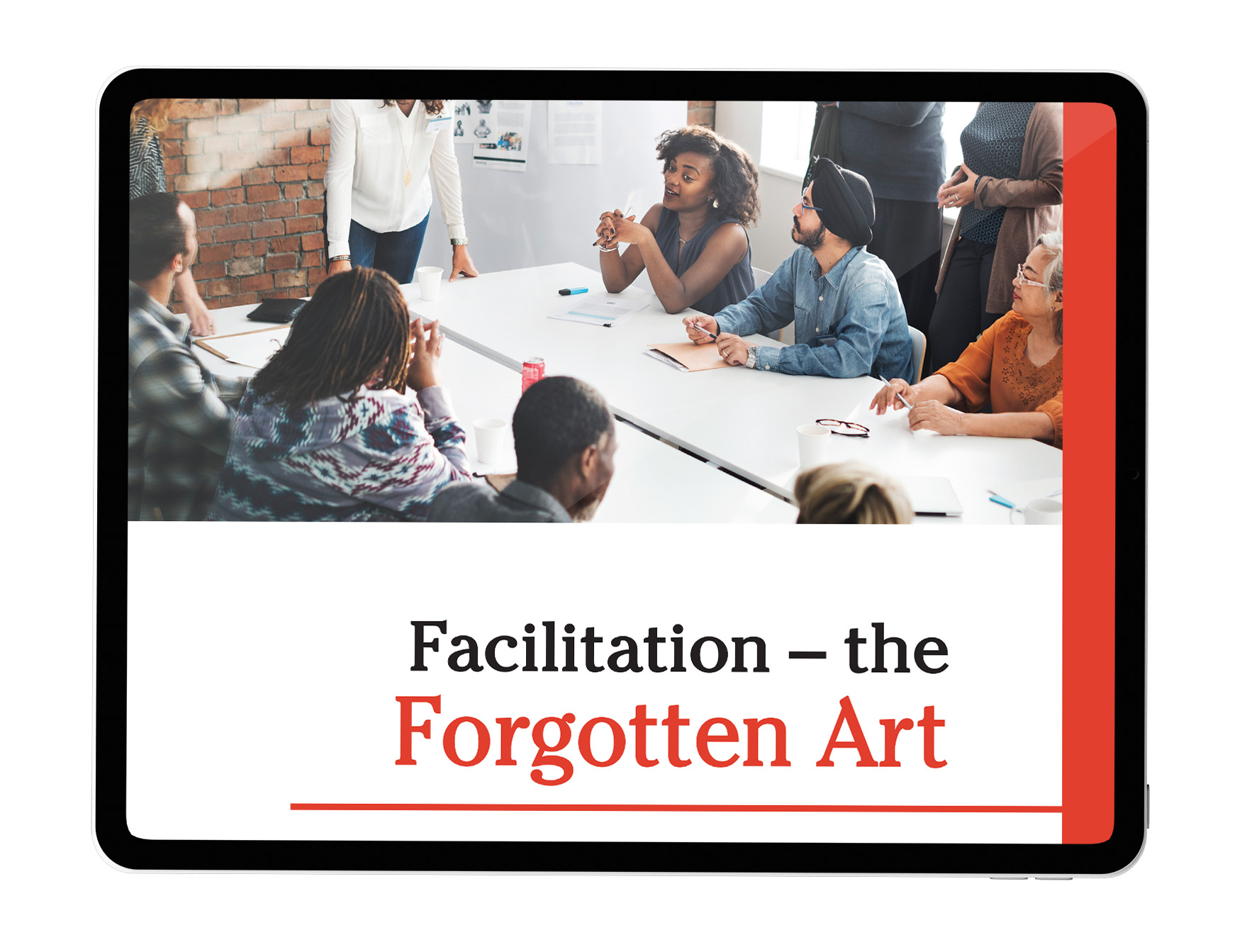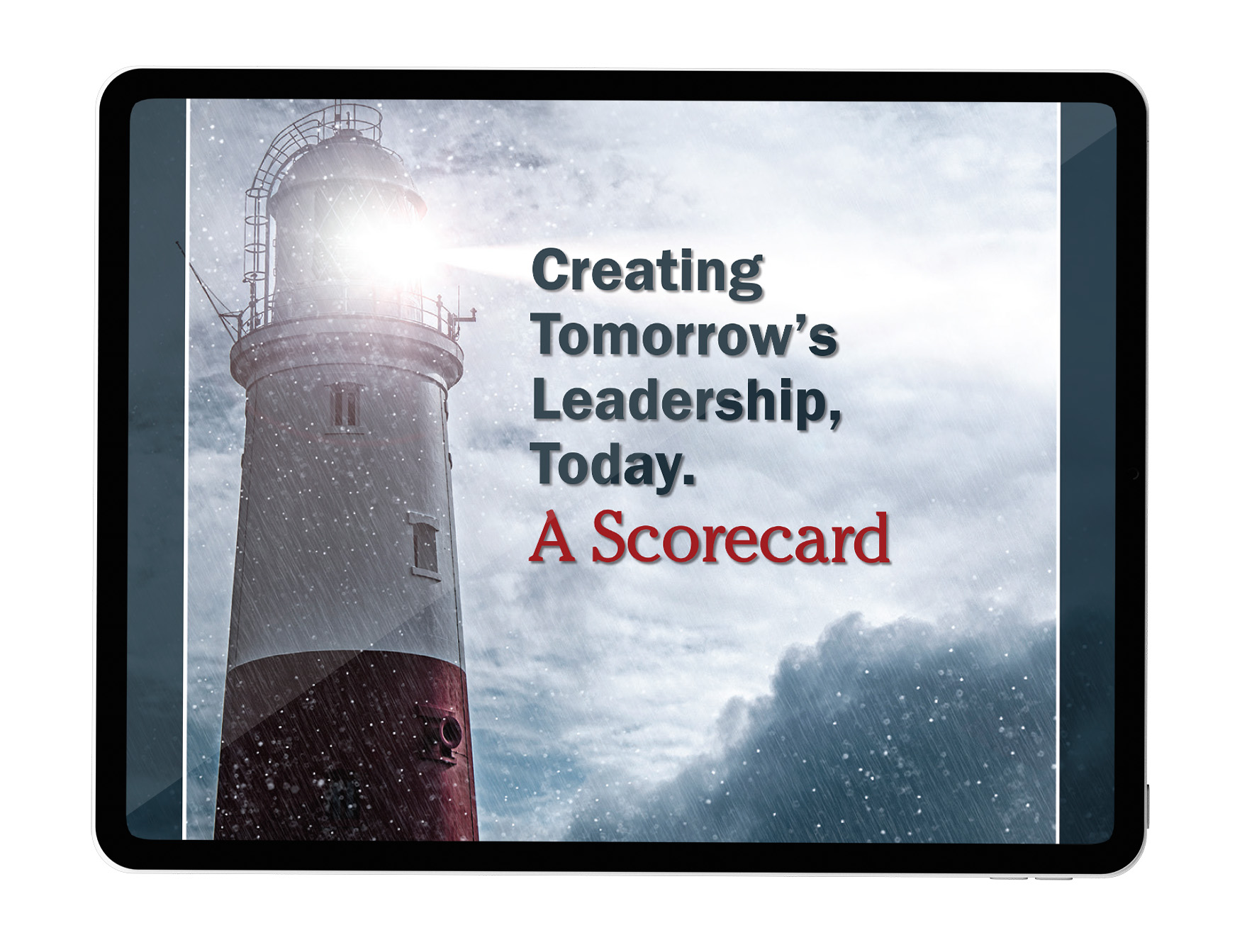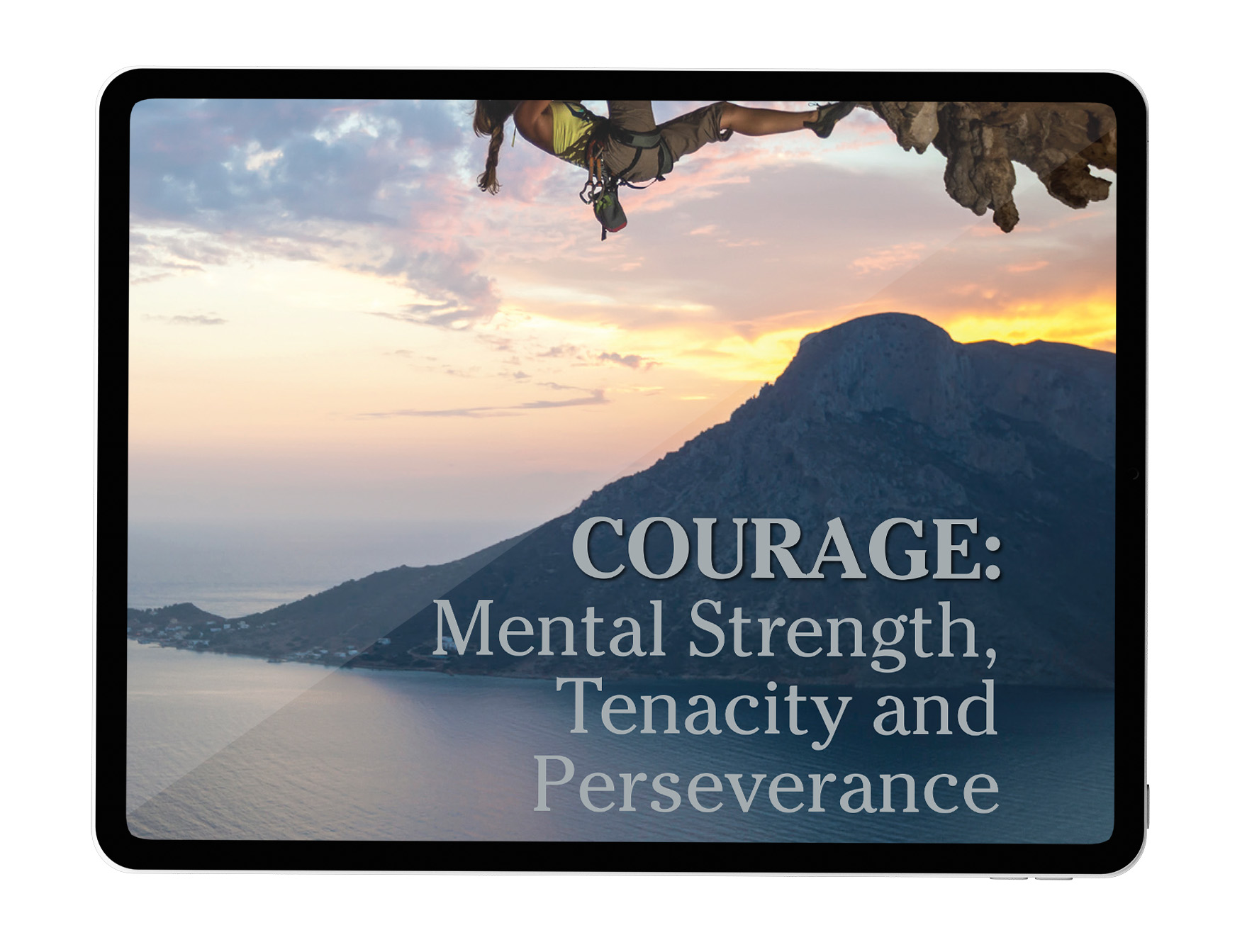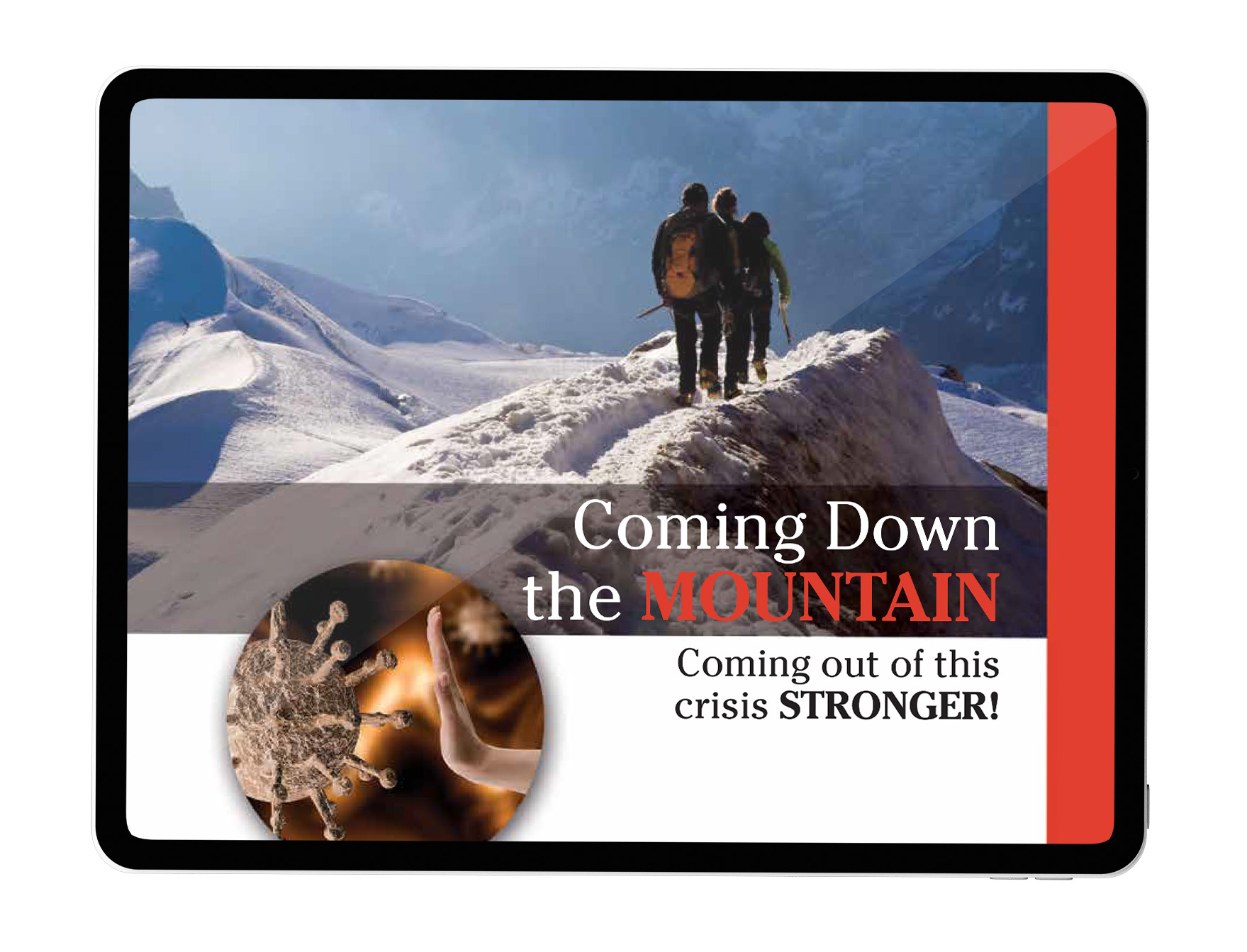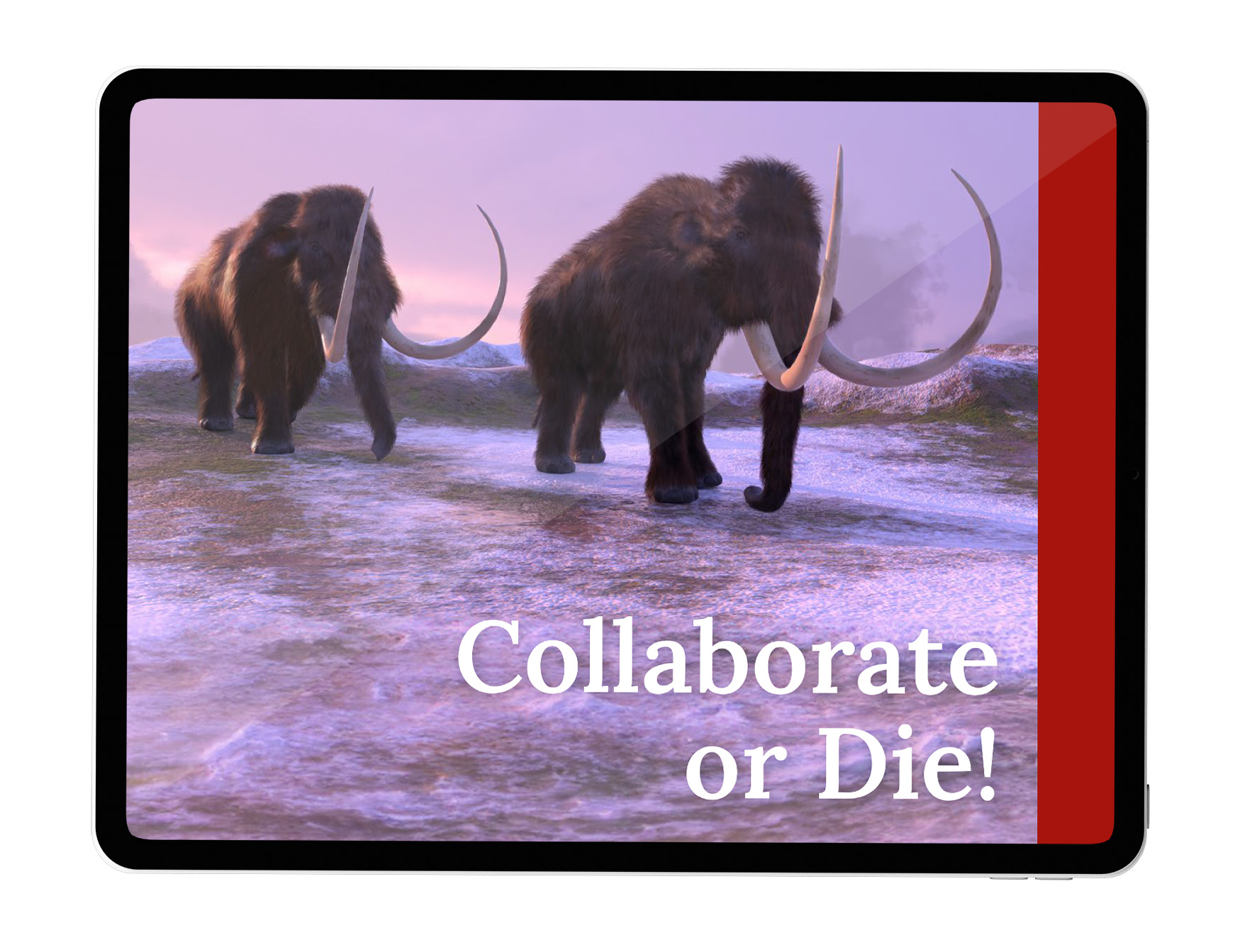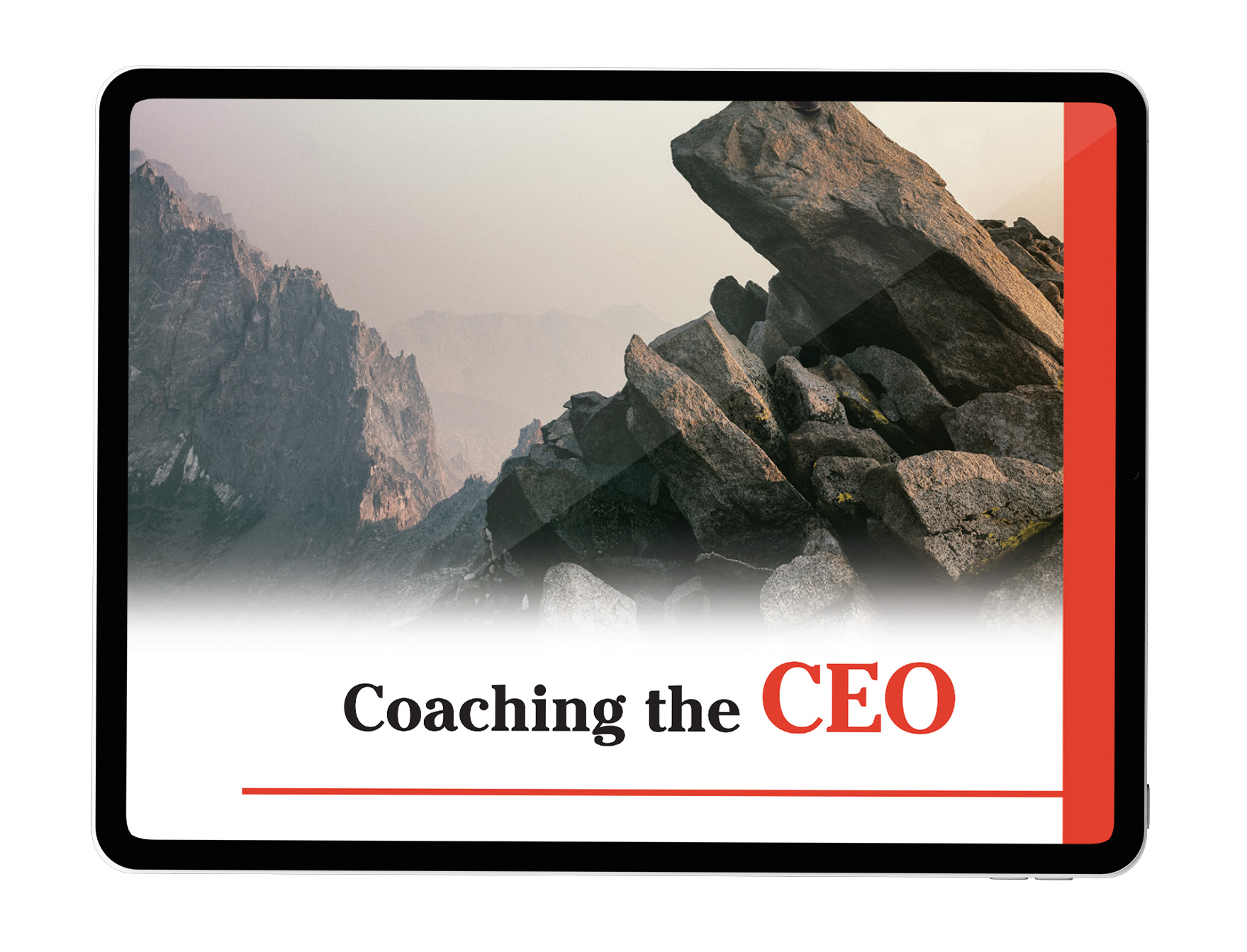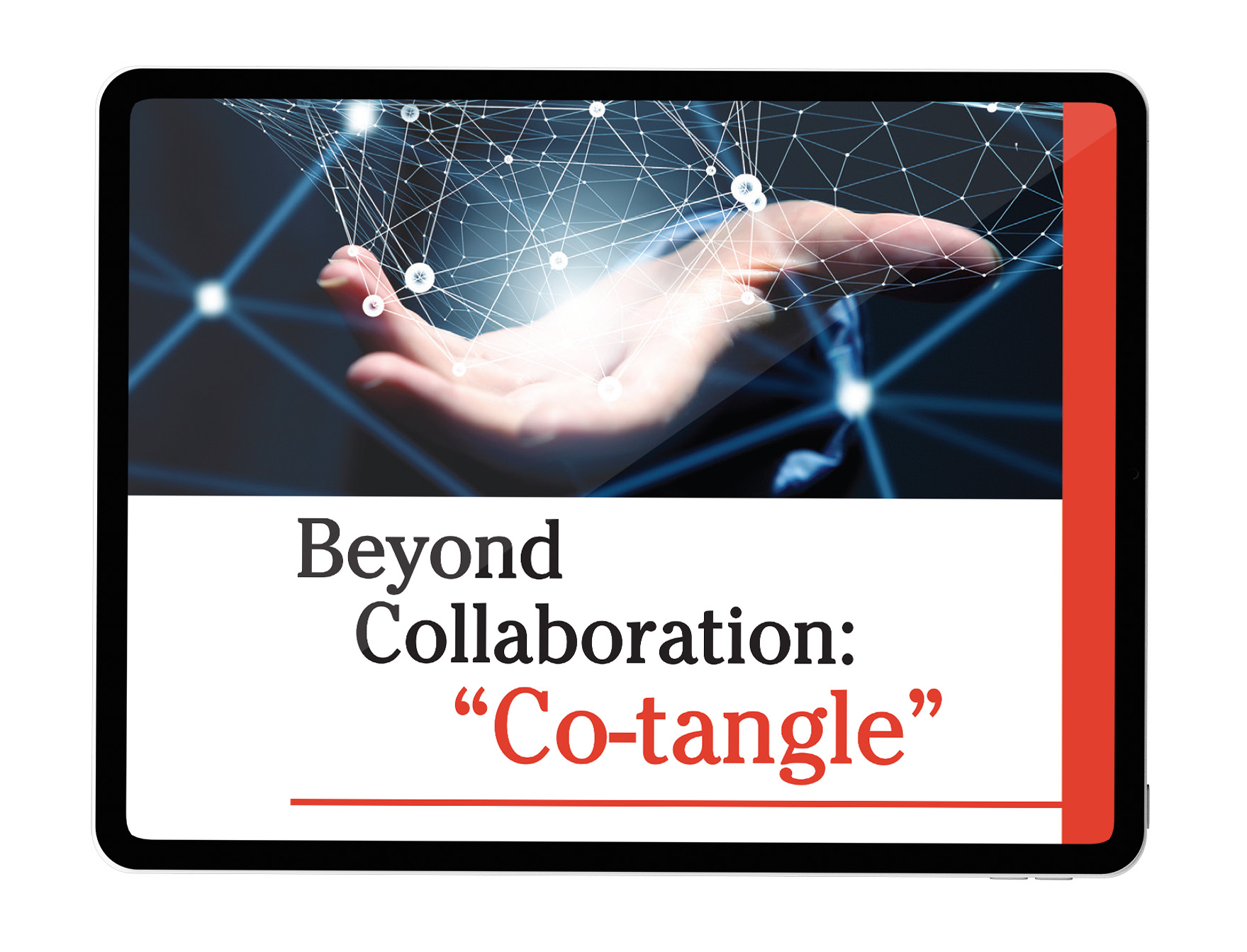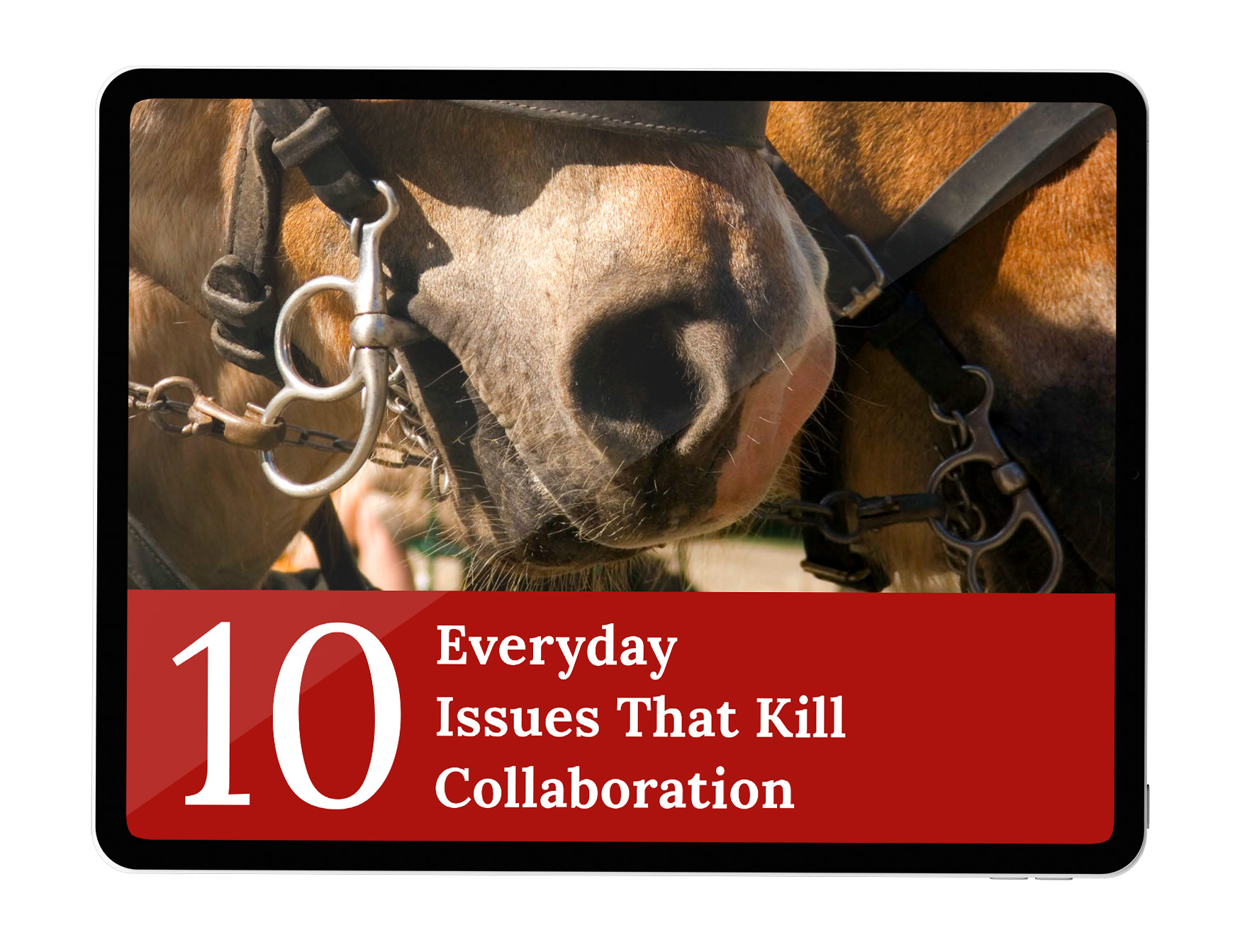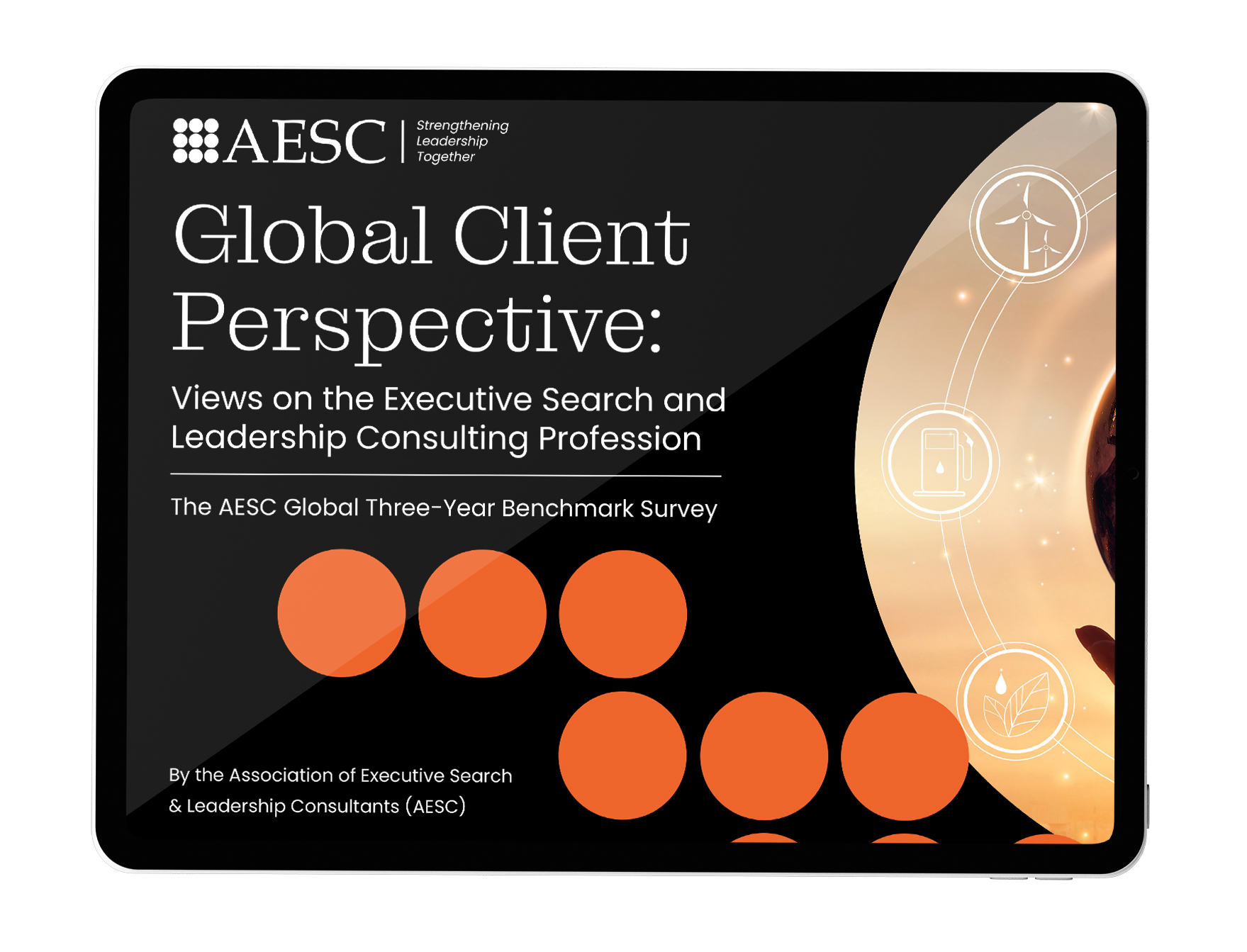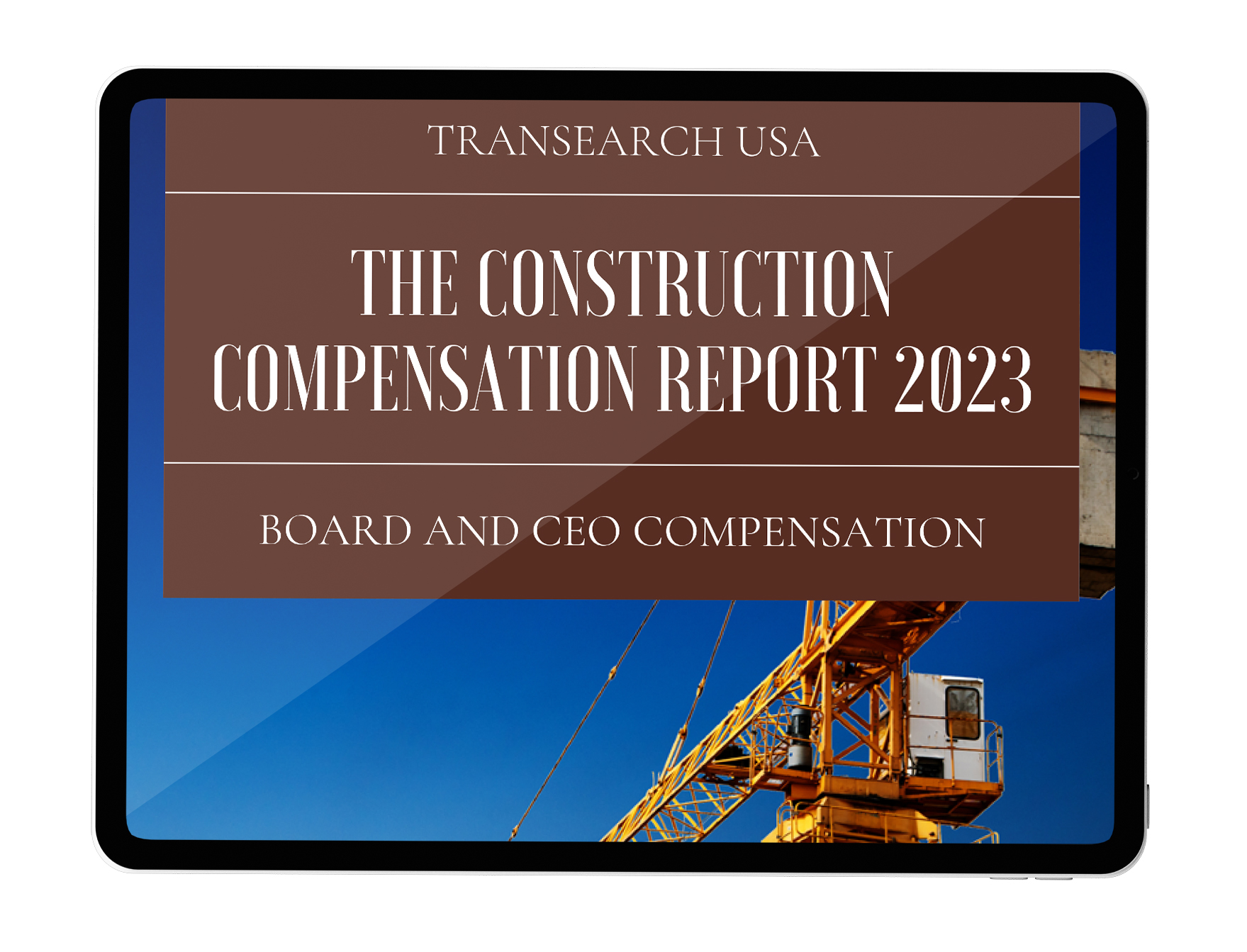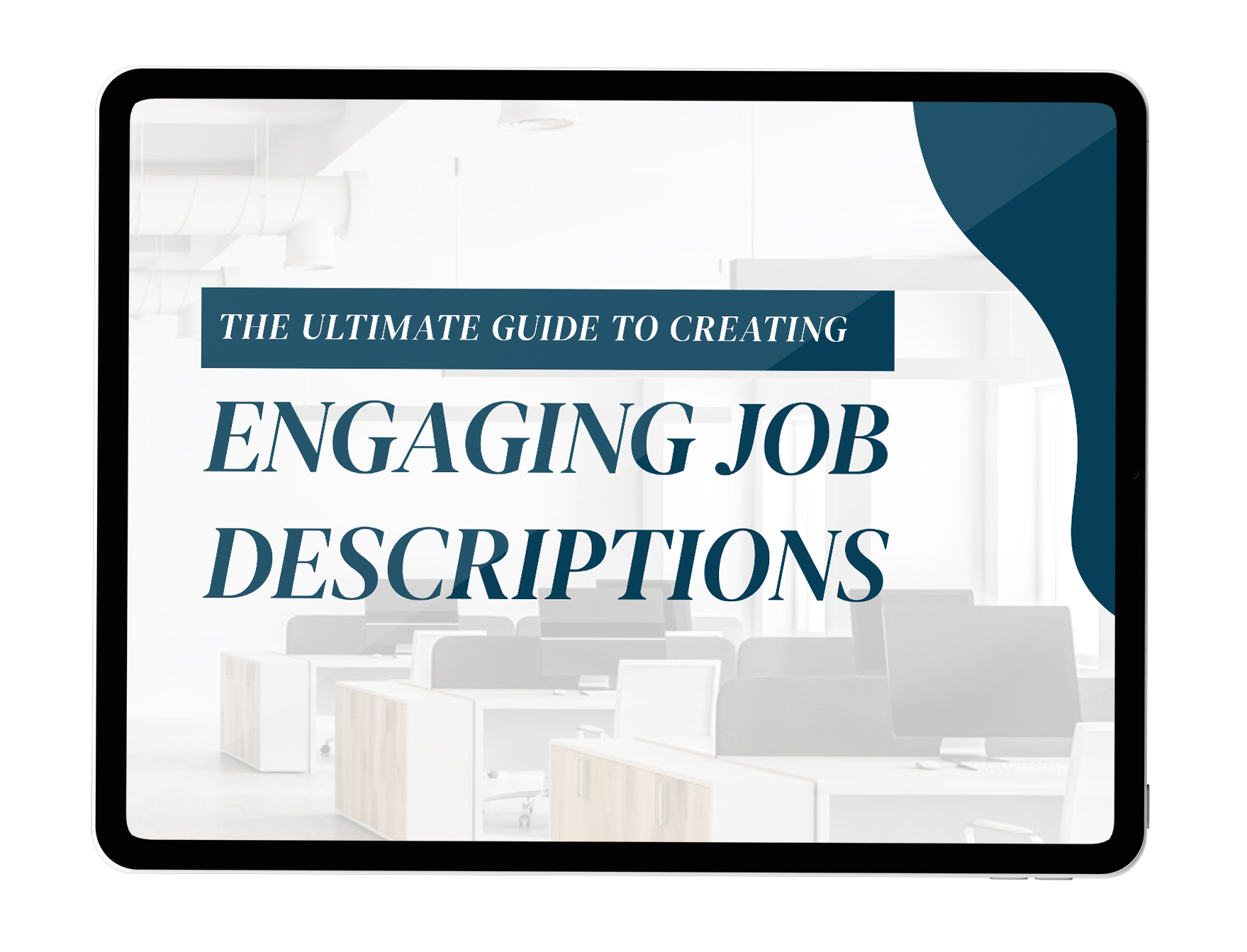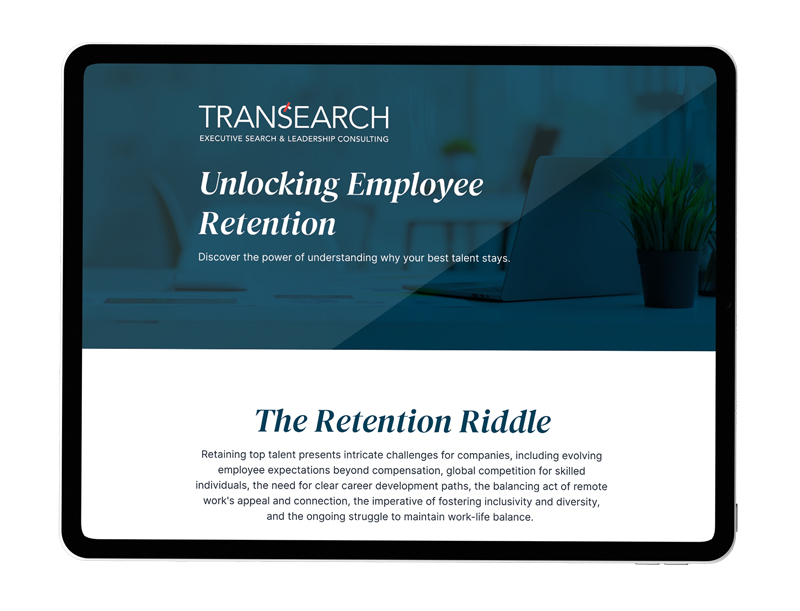The pandemic tested us physically, logistically, and emotionally. The unexpected and immediate shift to a fully remote company left us with a lot to master from our respective pods. There’s a different urgency around skill development when you’re learning in a crisis. After refining our communication and work-product delivery best practices for more than a year, my conclusion is that this experience turbocharged our skills and streamlined our operations.
Washington Post columnist Fareed Zakaria writes: “Crises always lead people to find new ways to do things, adopt new technologies and cast away old practices. In the United States, the ability of large parts of the economy to function and excel in the digital realm — when the physical economy was broadly shut down — has surprised even techno-optimists.”
During the 14 months we have been in the pandemic, my team has become a leaner, more focused unit. In essence: this experience made us better at our jobs. It forced us to evolve. We did not choose to learn this way, but we’ve garnered valuable rewards because we’ve successfully navigated the crisis.
Finding our remote selves
Maintaining and advancing operations in a remote context has made us more self-aware. It dissolved red tape that hindered experimentation in the past, and it made us more inclined to take calculated risks. The stakes were high; we had to make things work, and we found innovative ways to do so.
I’ve been thrilled to see my team rise to the occasion, improving their core skills and advancing new abilities to meet the demands of a new professional context. Sunni Campbell, our Sales Operations and Marketing Manager, explains how leaning into her curiosity has fueled innovation: “In my role, I’m always curious about how to enhance our productivity and how to use our systems in a better way. I’m always experimenting with things.”
Navigating the complexities of the pandemic further refined this sense of ownership, experimentation, and creative problem-solving.
Finding new ways to connect
Maintaining a connection to coworkers has been one of the pandemic’s central challenges. Communication has changed. Connection is different. We miss each other, and it can be lonely. But not all the connection that we had pre-covid was productive. We’ve long been looking for ways to cut the excess-especially when it comes to meetings. Having a full team of remote employees helps with that aim.
Pre-Covid, we had a handful of employees working remotely full-time. We had an established infrastructure that supported our unexpected transition. This helped us adapt to a fully remote context because we were already comfortable forging remote connection.
A benefit we’ve discovered during the pandemic is that we’ve streamlined communication in our culture. We’ve moved away from a propensity for unnecessary and overly lengthy meetings. Today, we’re more judicious. “Working remotely has changed my mindset… I put more thought into the meetings that I host, just to make them more efficient. Because I think if it doesn’t have to be a meeting, I don’t want to schedule another meeting-if it’s easier to do it in an email or a chat.” Campbell shares.
It’s an important victory for culture and for the quality of our communication to have a more reflective approach to when and why we meet.
Self-directing development
This new paradigm gives us space and the impetus to direct our own career development. I’ve been thrilled to notice my staff identifying gaps and upskilling themselves to garner the skills to find workable solutions. It’s an interesting bi-product of remote work.
In the past, staff development was a plan that we made with each team member at the start of the year. We identified classes, conferences, and programs that they would attend throughout the year to achieve certain goals. What I see now are well-adjusted team members self-training as they identify skill gaps. This process is individual, nimble, and it fosters employee satisfaction.
Campbell explains: “One of the main perks of my role is that I can, basically, take ownership of it and make it what I want it to be… I’ve been in the role for about a year and a half and I was googling ‘sales operations skills,’ at the beginning of the year, just to try and see what I could do to help advance my training… and [excel] is a top skill for any sales operations role. So, I just watched a bunch of YouTube videos and figured out a way to try and use our company data in a way that works for us.”
The autonomy, problem-solving, and resilience that Campbell demonstrated by engaging in self-assessment and skills advancement during the pandemic is exciting. Our team members have been growing to meet the moment and acquiring vital hard and soft skills along the way.
Microlearning
Navigating a global crisis while restructuring our systems to enhance our culture and making the changes meaningful to a remote workforce is an epic challenge for management. According to Randstad’s recently released Workmonitor survey, 71 percent of the global workforce feels well-supported emotionally by management. The survey finds that “79% believe they have the equipment and technology needed to adapt to digitalization. At the same time, 40% say they are struggling to learn new skills required in this new digital age.”
The survey describes a “tidal wave of innovation,” noting that some employees worry that they simply can’t keep pace. Campbell uses a variety of sources including microlearning to continue to advance her technology savvy: “There’s a ton of different sources of information. YouTube is a great resource. There are also courses aimed at advancing your Excel knowledge. But YouTube is free, and some are as short as ten minutes. Which is pretty amazing.”
Campbell values the flexibility of remote work, and part of what that means for her is an interplay between work and life. She explains: “It’s nice, working remotely. The time it used to take to commute to work, I can now use to learn something new that enhances my skills at work.”
A new paradigm
Powering through the pandemic has permanently changed our operating paradigm. We won’t return to an office space, but will become a fully remote workspace. This experience has been an invitation to our future, and I couldn’t be more excited!











